Speakers

Philip Calder
Keynote speaker
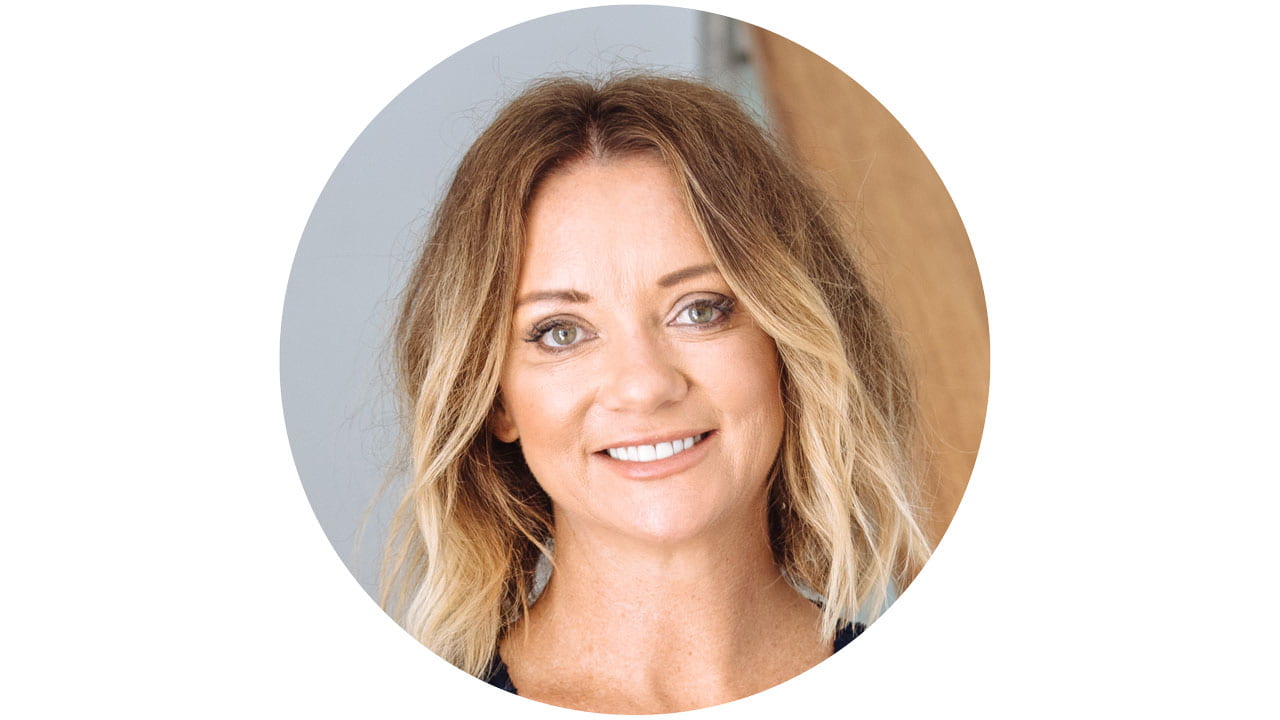
Amanda Stevens
Keynote speaker
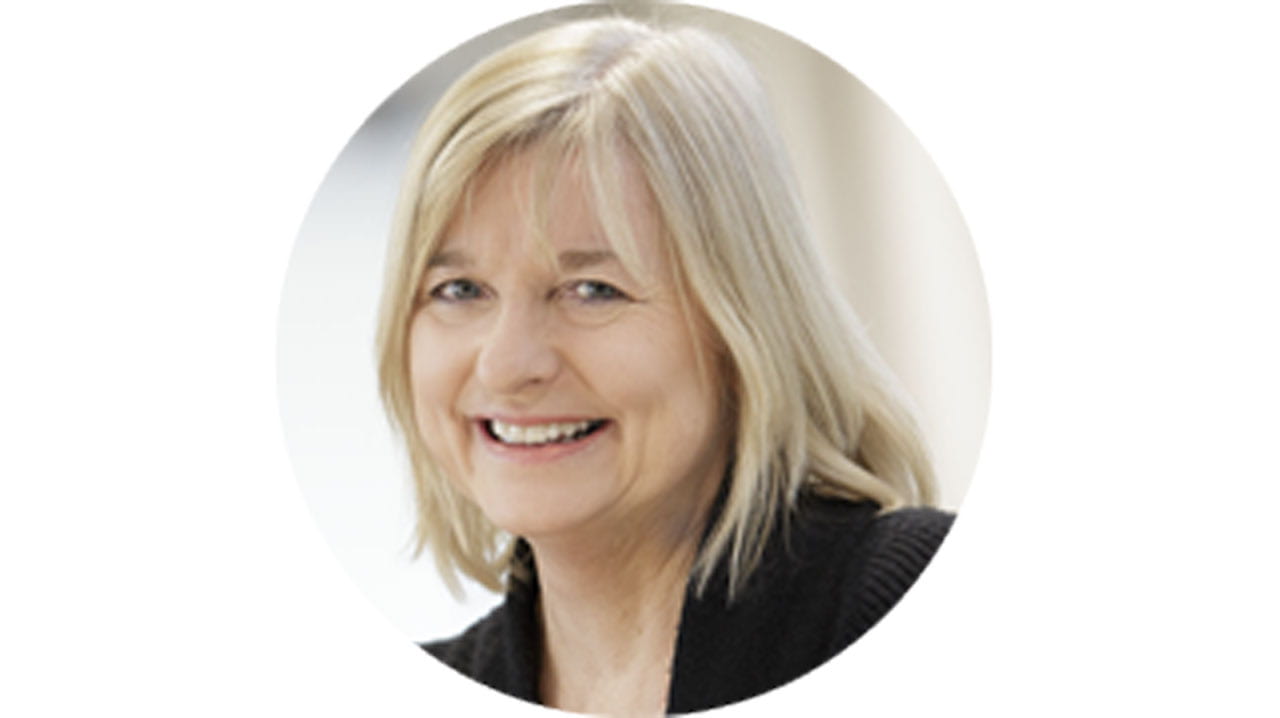
Helene McNulty
Keynote speaker

Craig Armstrong

Maria Barnes
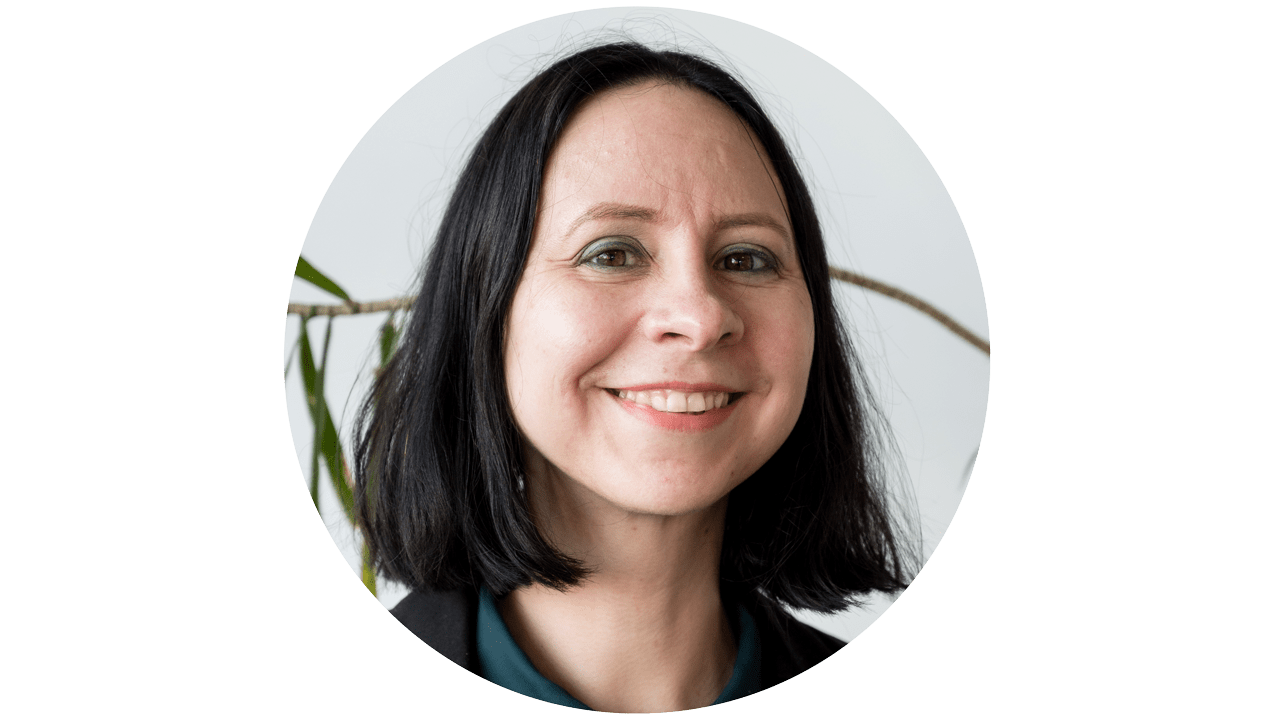
Simone Bayer

Marshall Bell
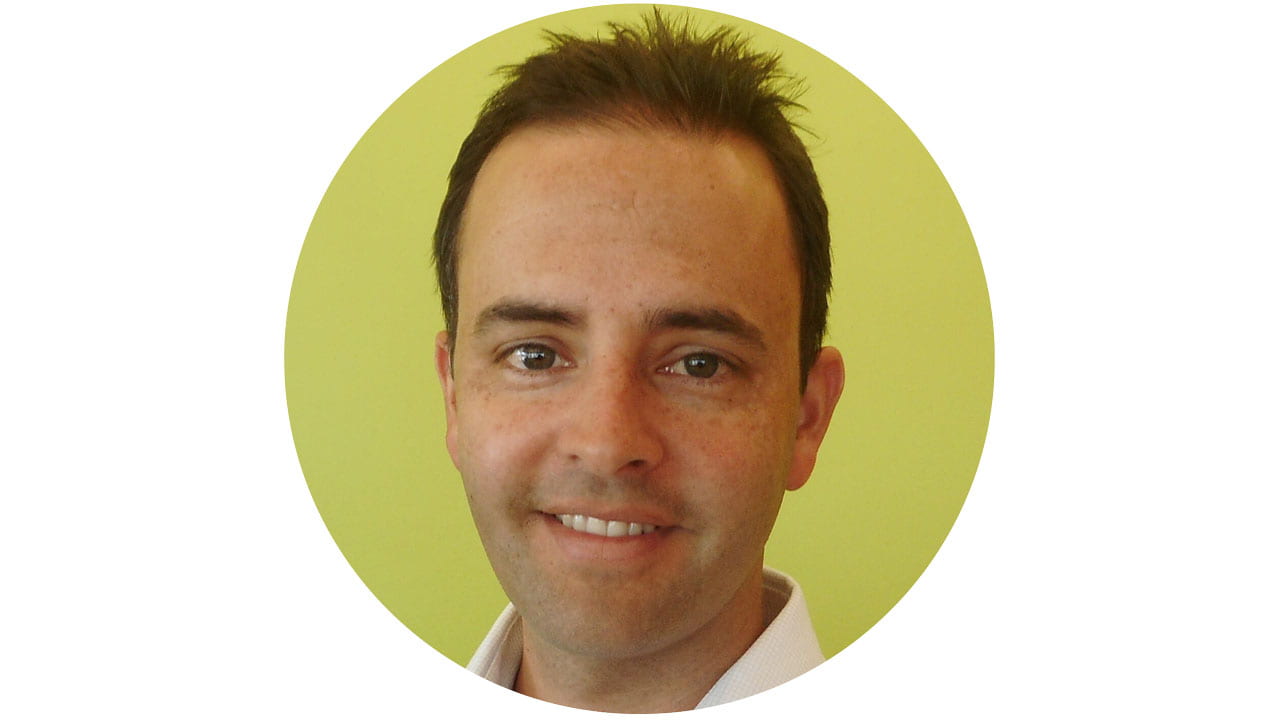
Paul Blatchford

Frank Bloomfield

Mark Buntzen
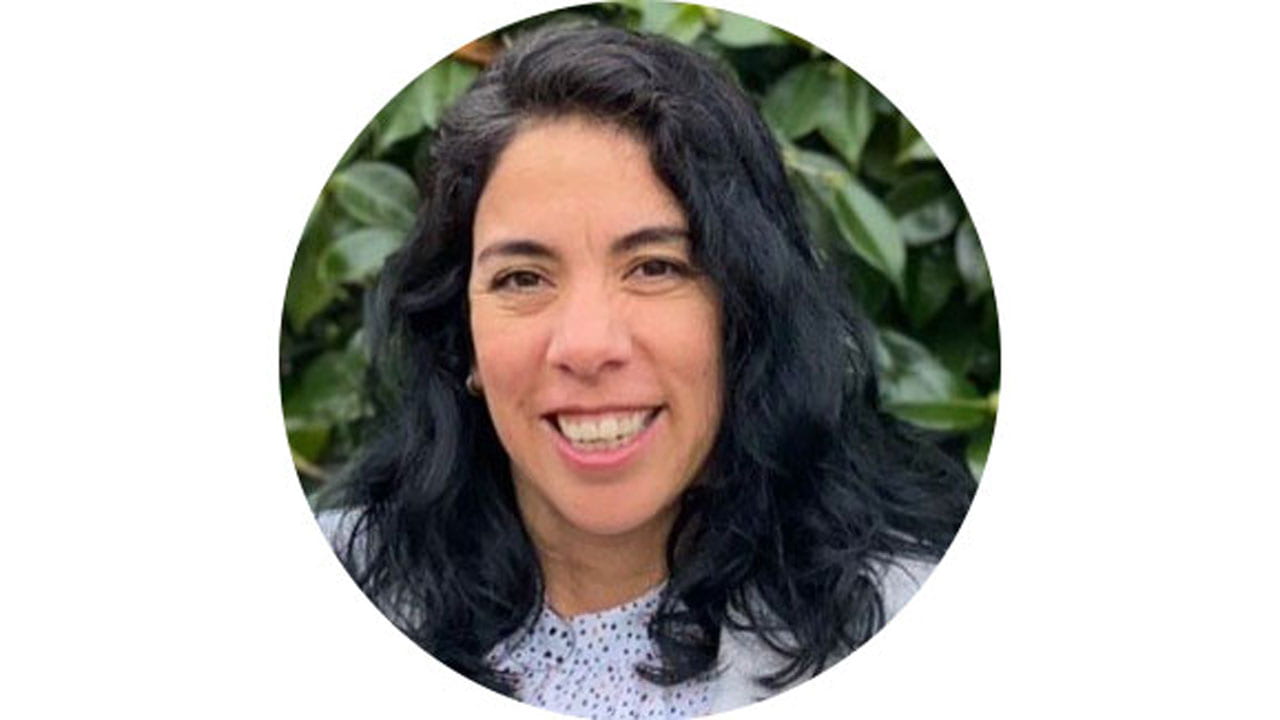
Diana Cabrera

Cissie Chen
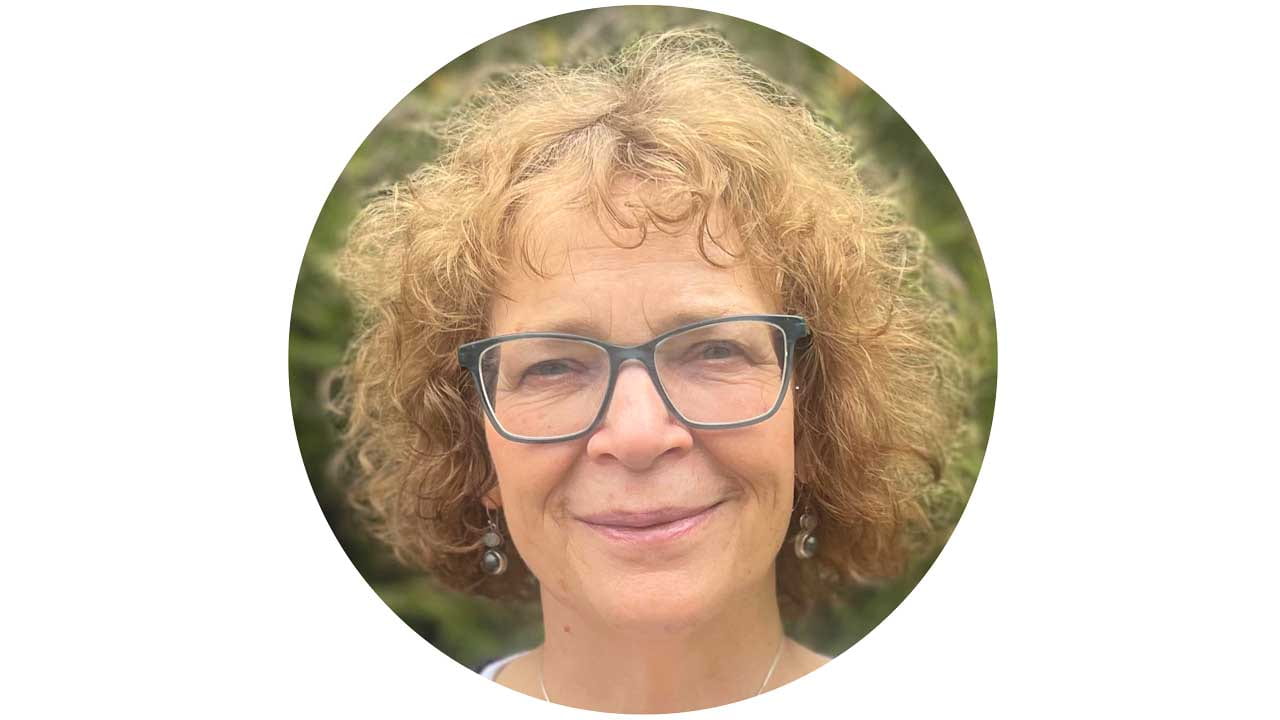
Jane Coad
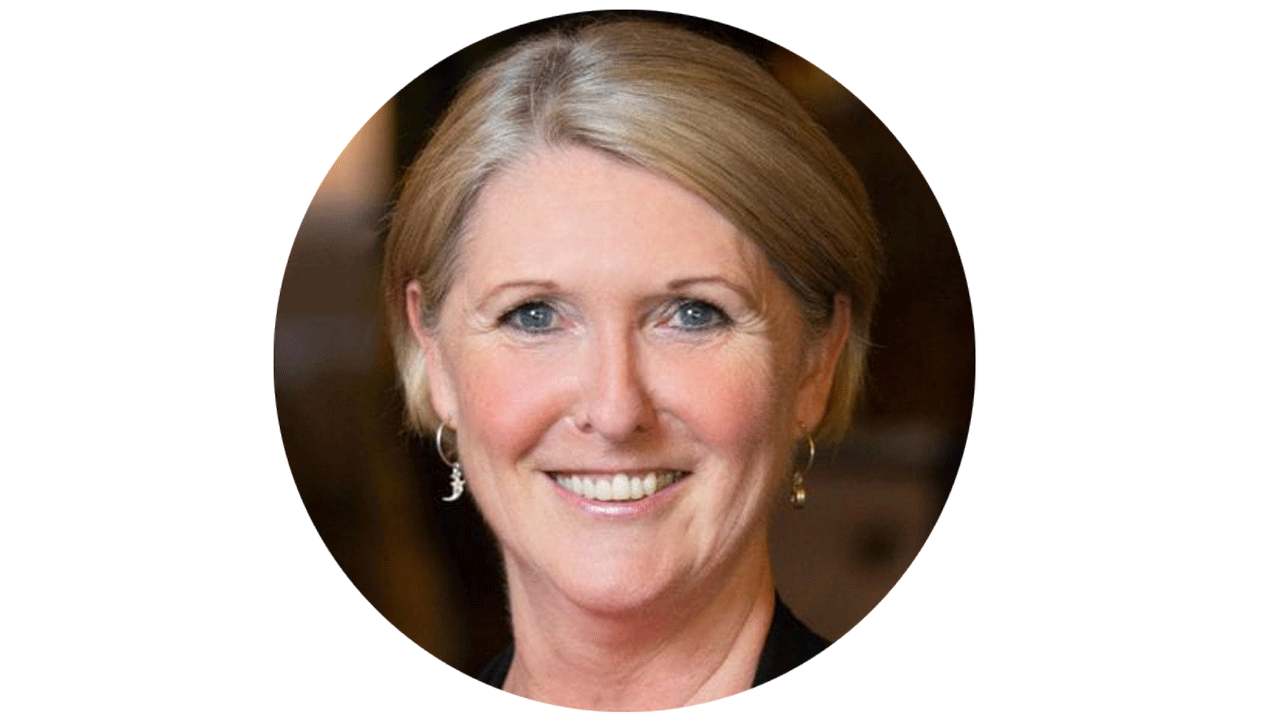
Denise Conroy
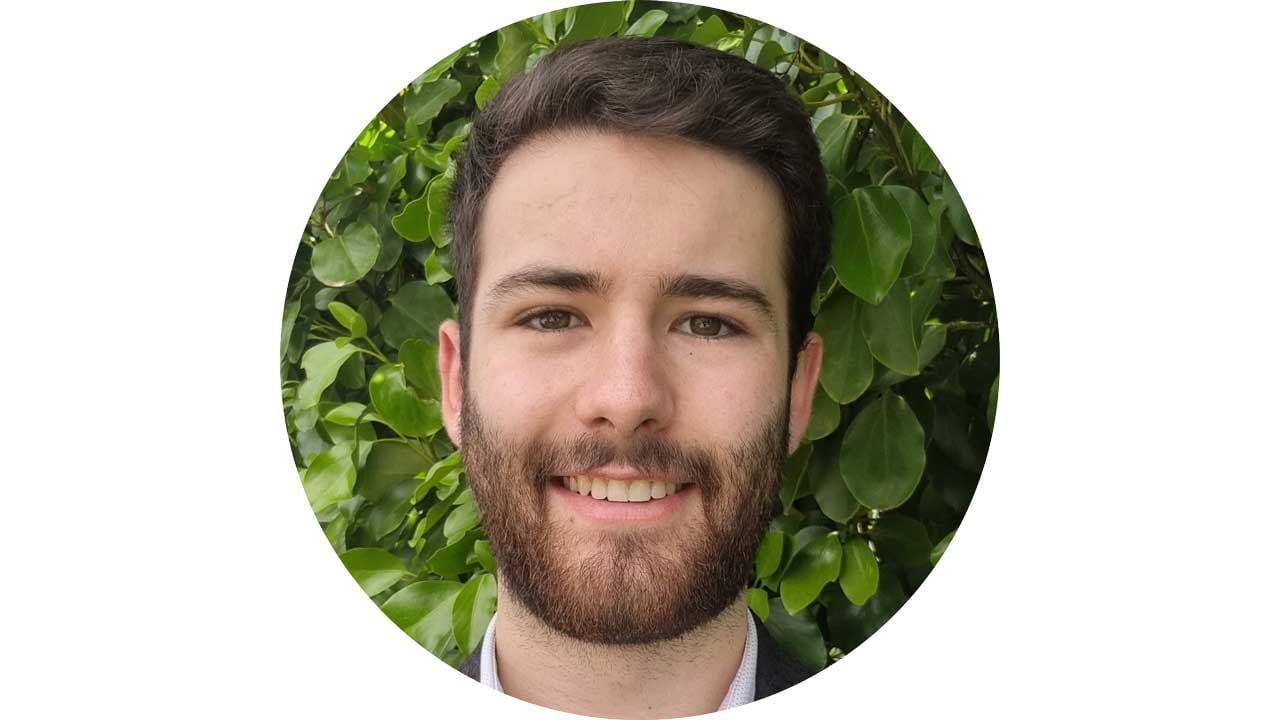
Reuben Dods
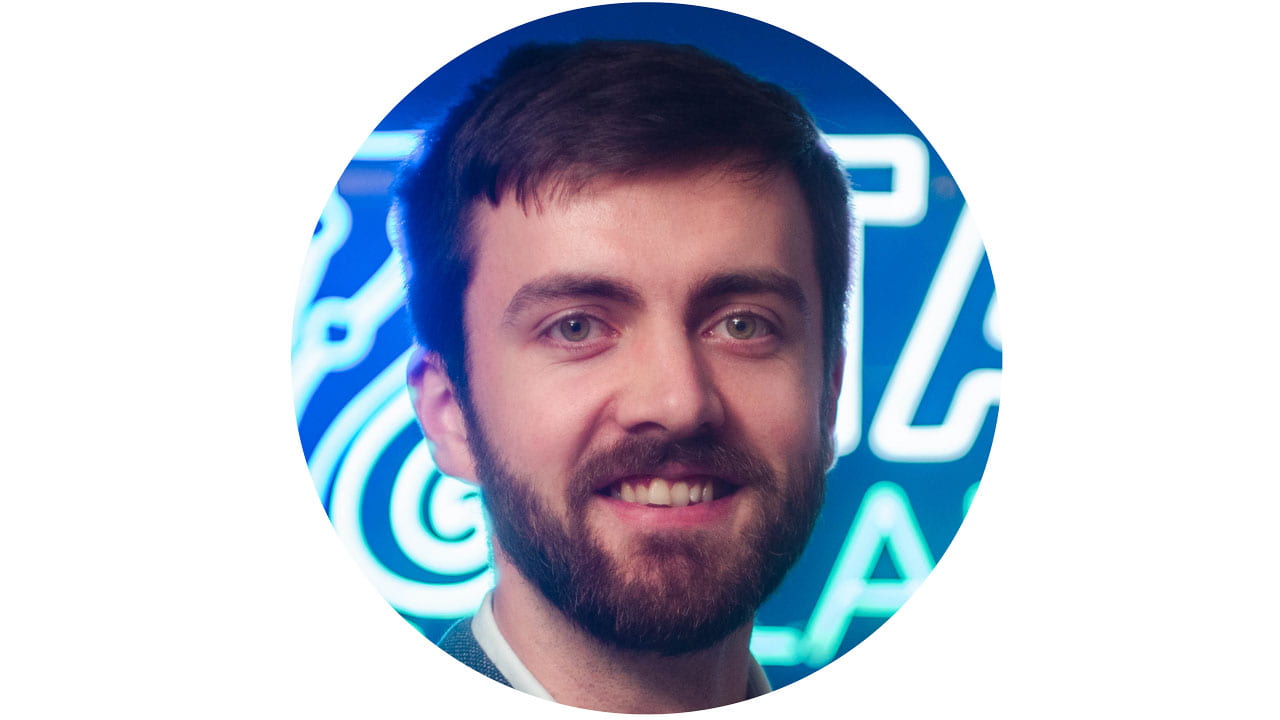
Jarrah Dowrick

Jackie Evans

Saif Faraj
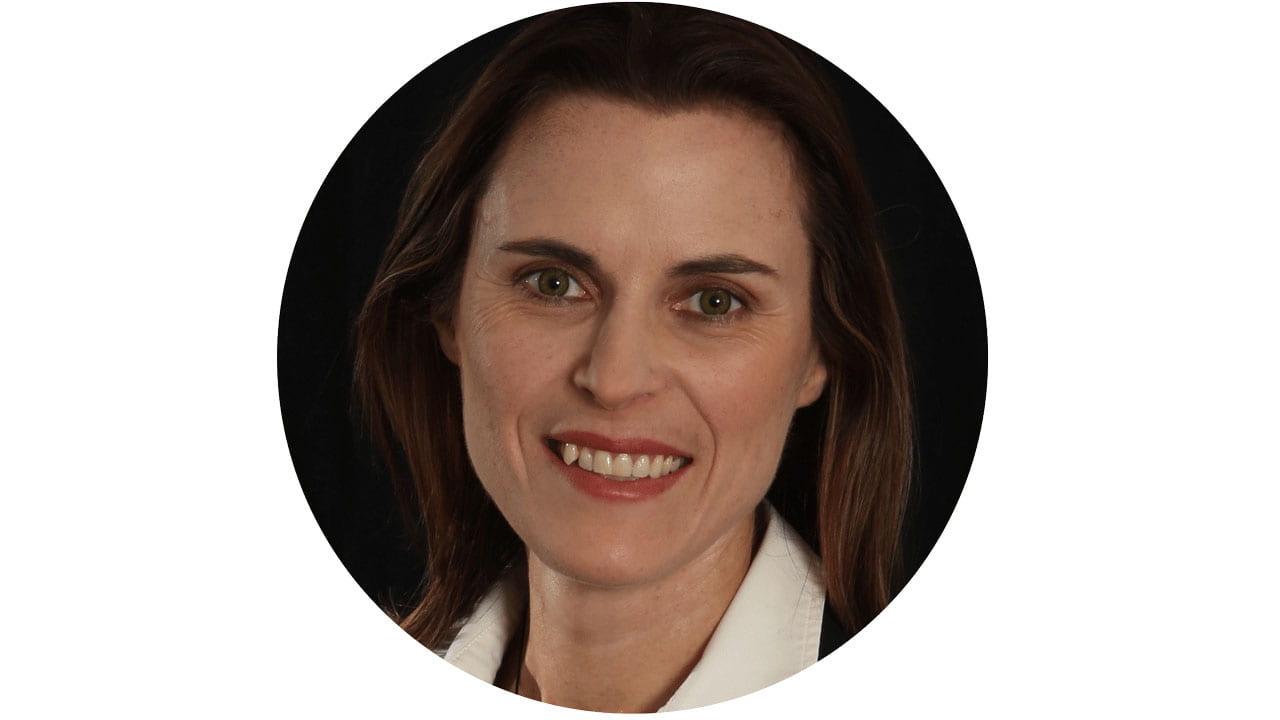
Meika Foster
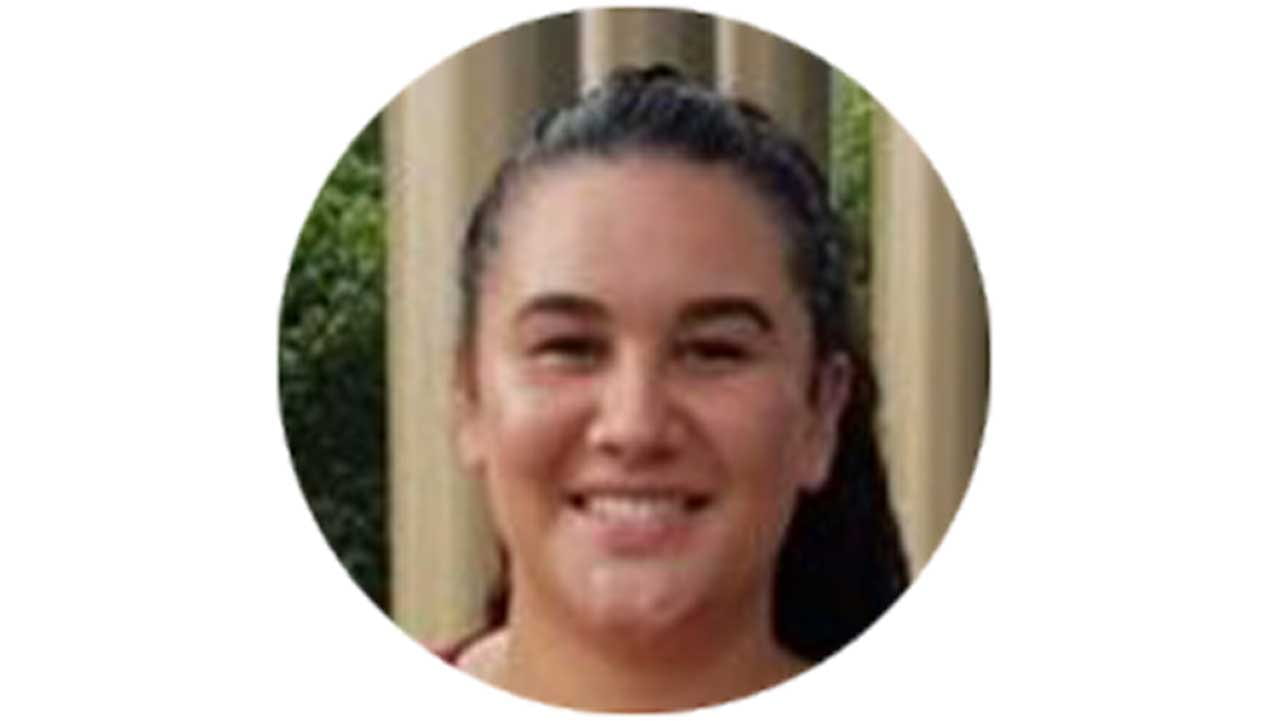
Simone Frame

Xiaoxi Fu
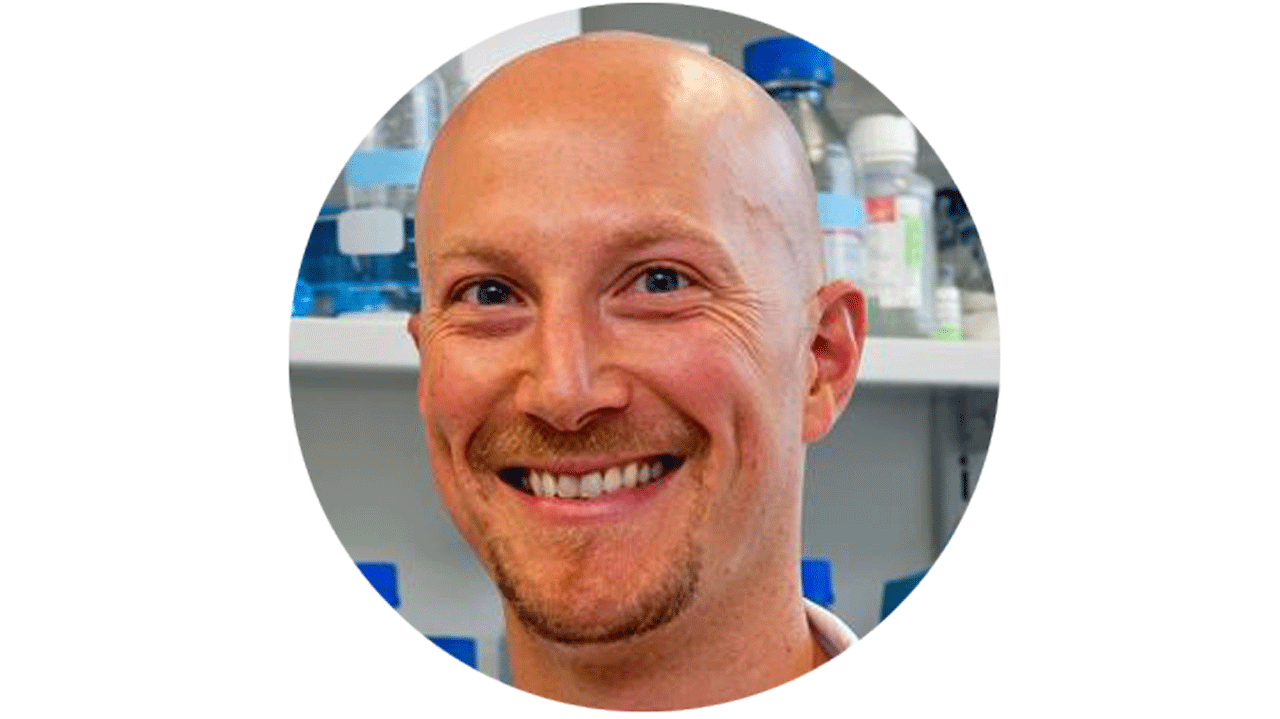
Olivier Gasser

Richard Gearry

Vitor Geniselli Da Silva

Nicola Gillies

Hamish Glendinning

Hamish Howard

Jeremy Krebs
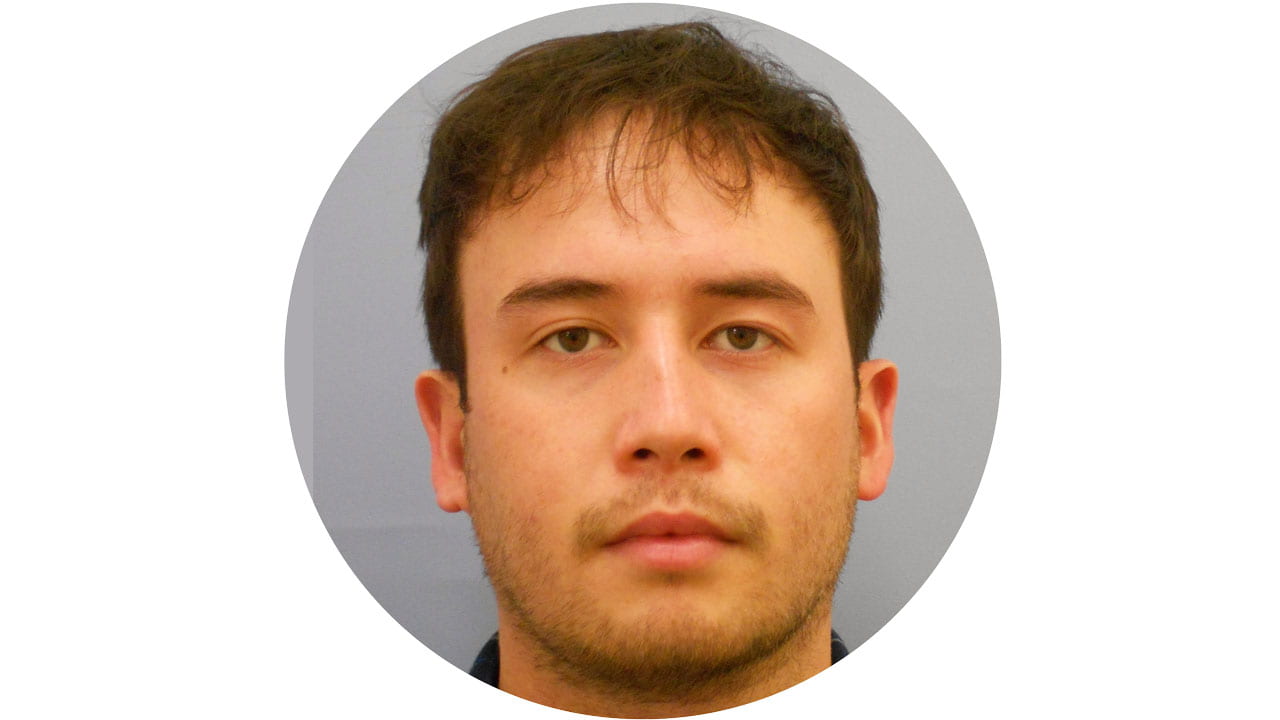
Lachlan Lee

Kok Hong Leiu

Anthony Light

Jia Jiet Lim

Carolyn Lister

Fiona Lithander

Chia Chun (Marcus) Loi

Dominic Lomiwes

Amy Lovell

Jun Lu

Georgia McLellan

Jasjot Maggo

Bob Major

Clare Menzies
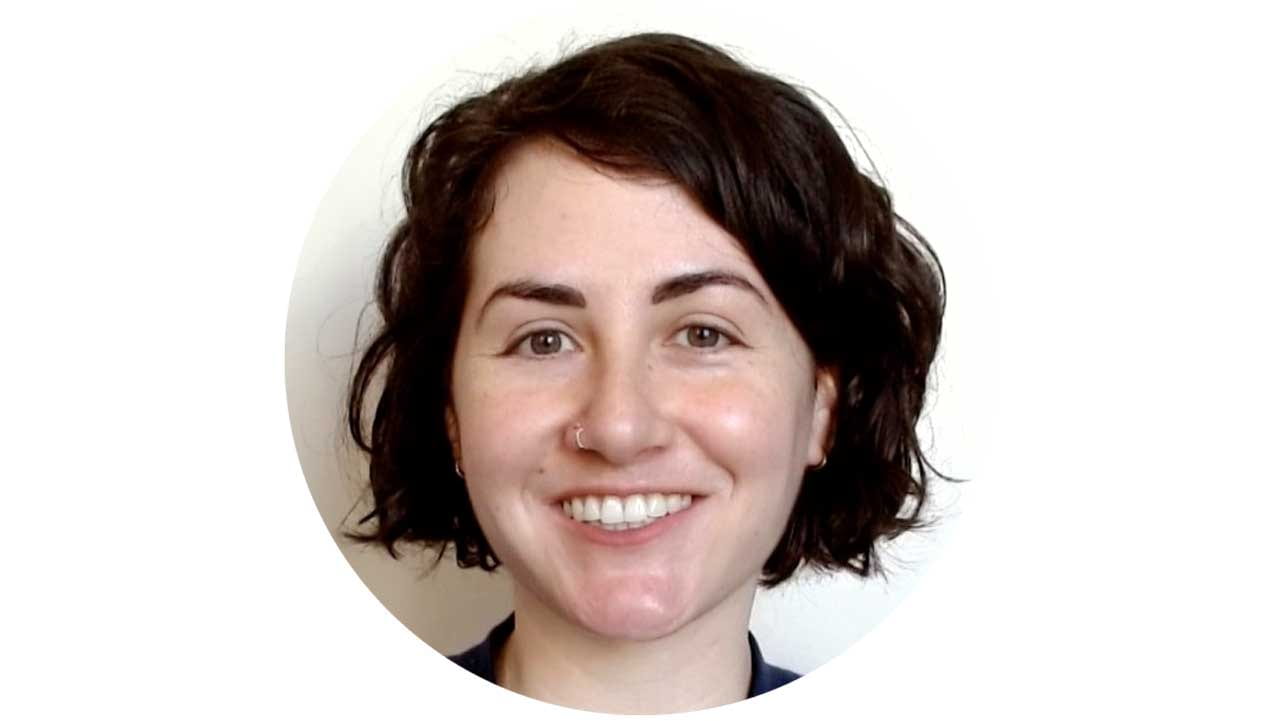
Evelyn Mete

Amber Milan
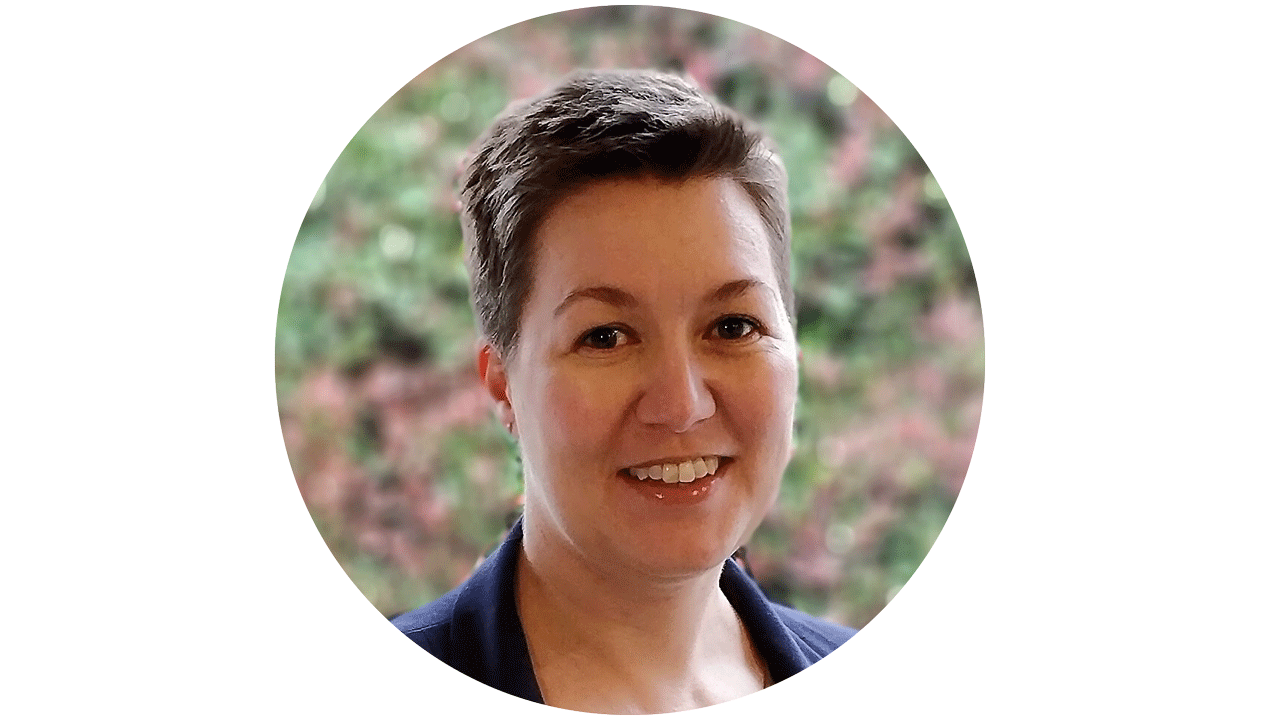
Jennifer Miles-Chan

Richard Mithen

Ibrahim Mohamed
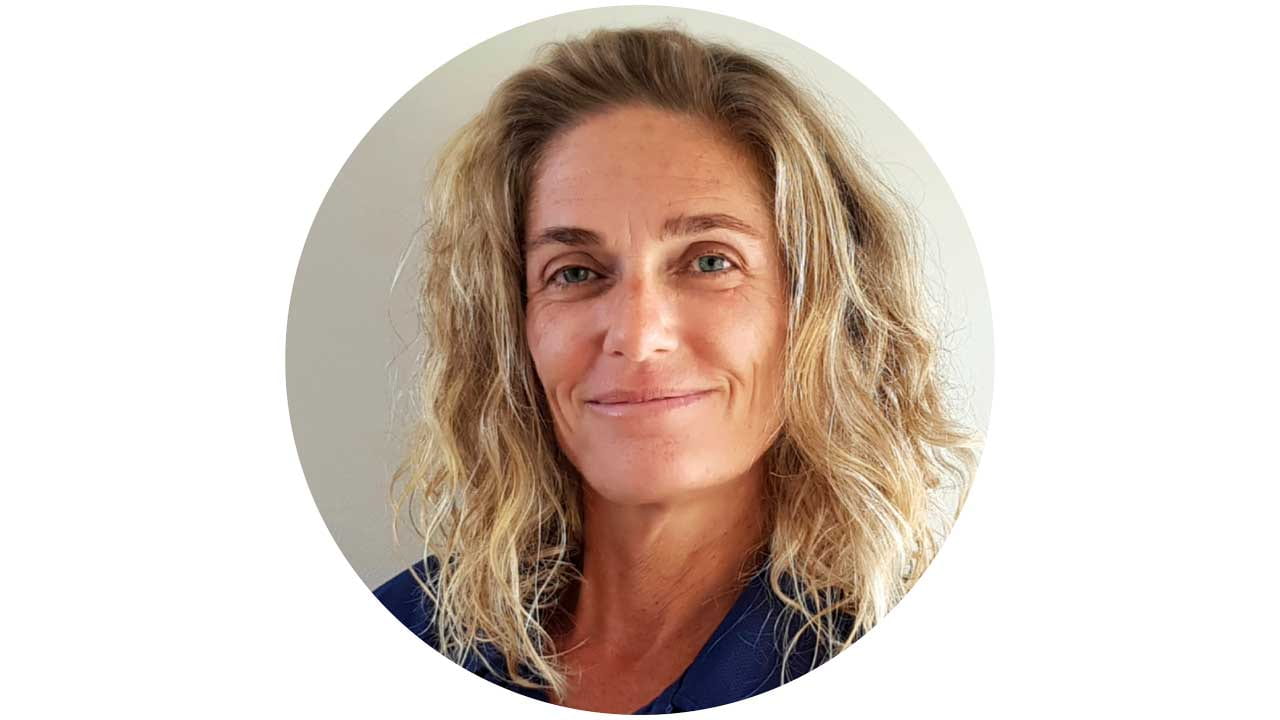
Lillian Morton
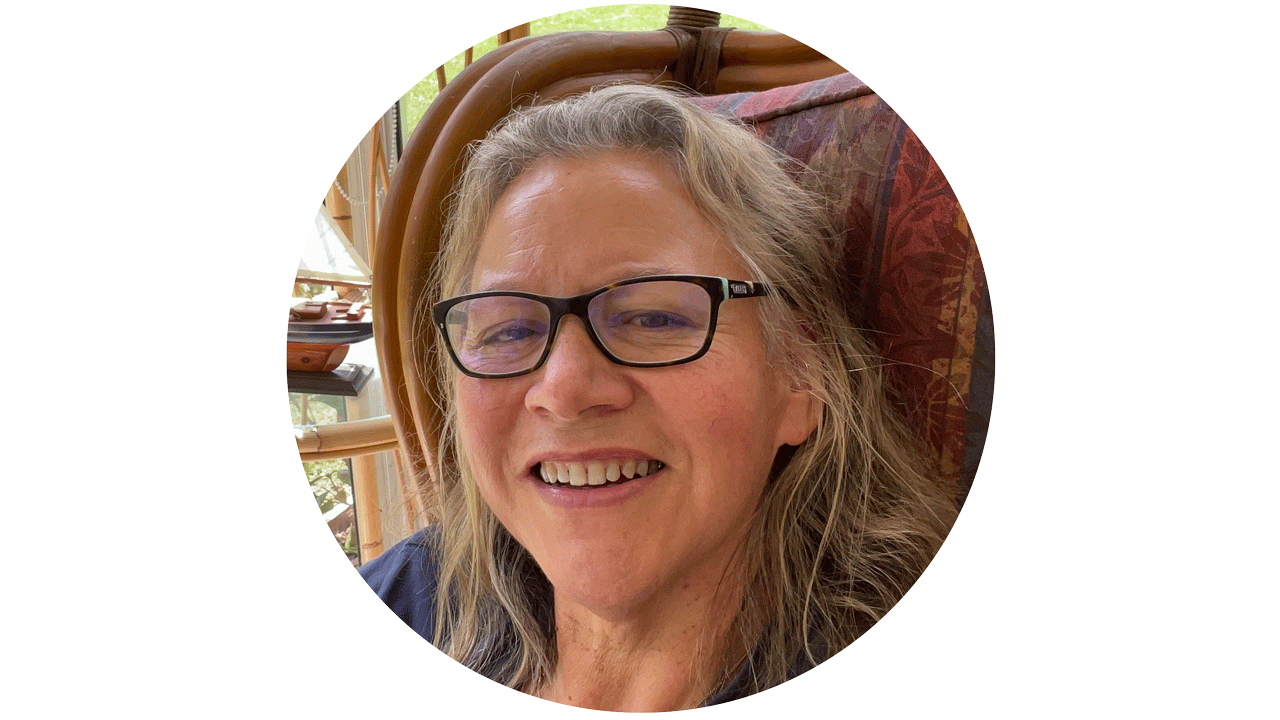
Jane Mullaney
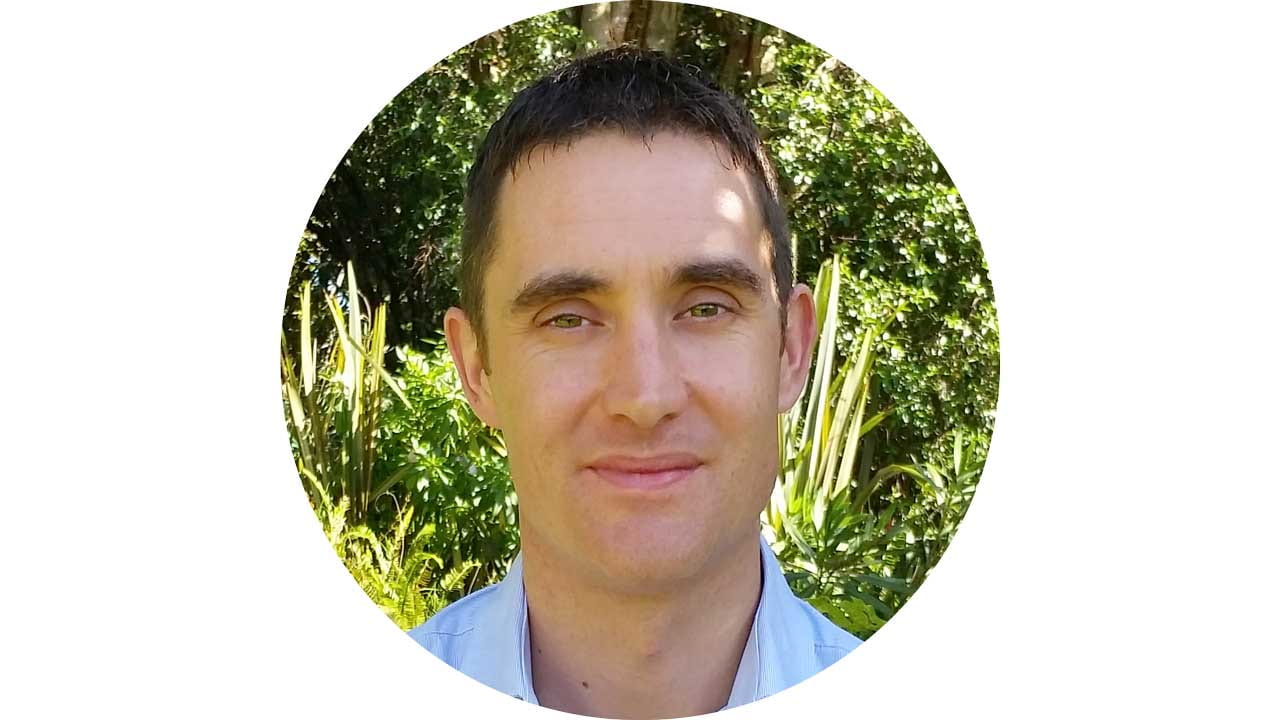
David Musson
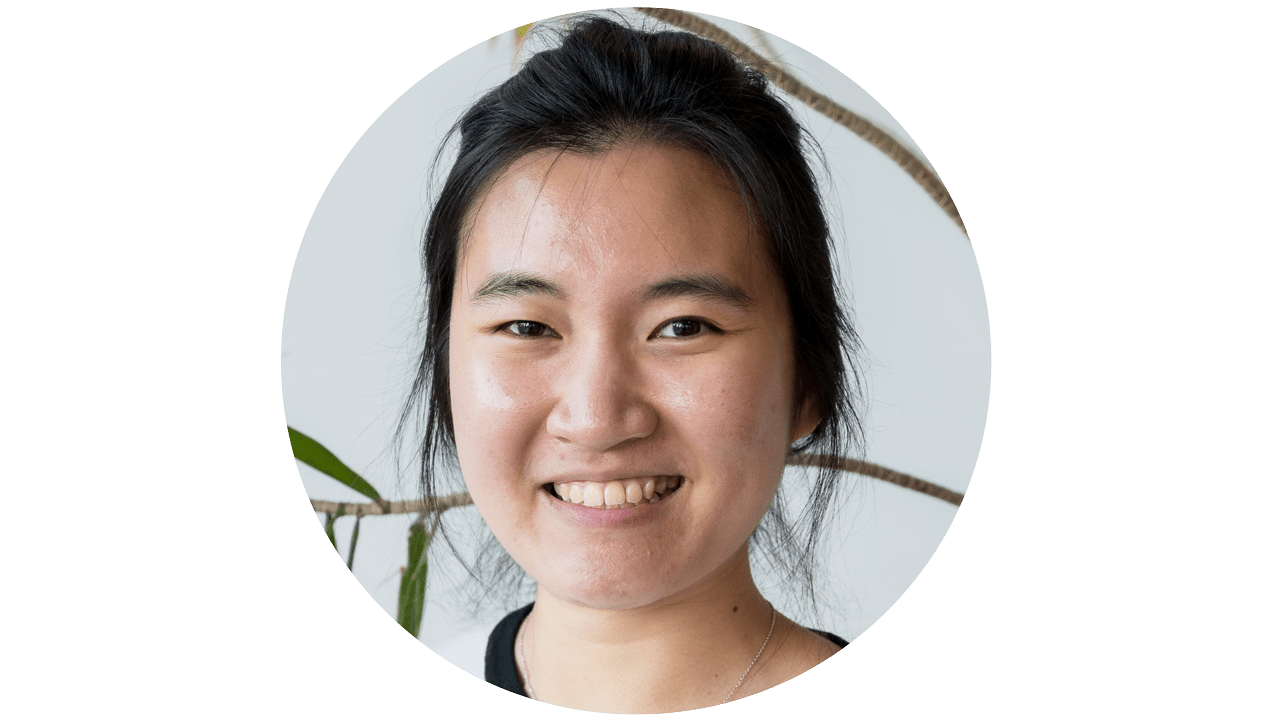
Hwei Min Ng
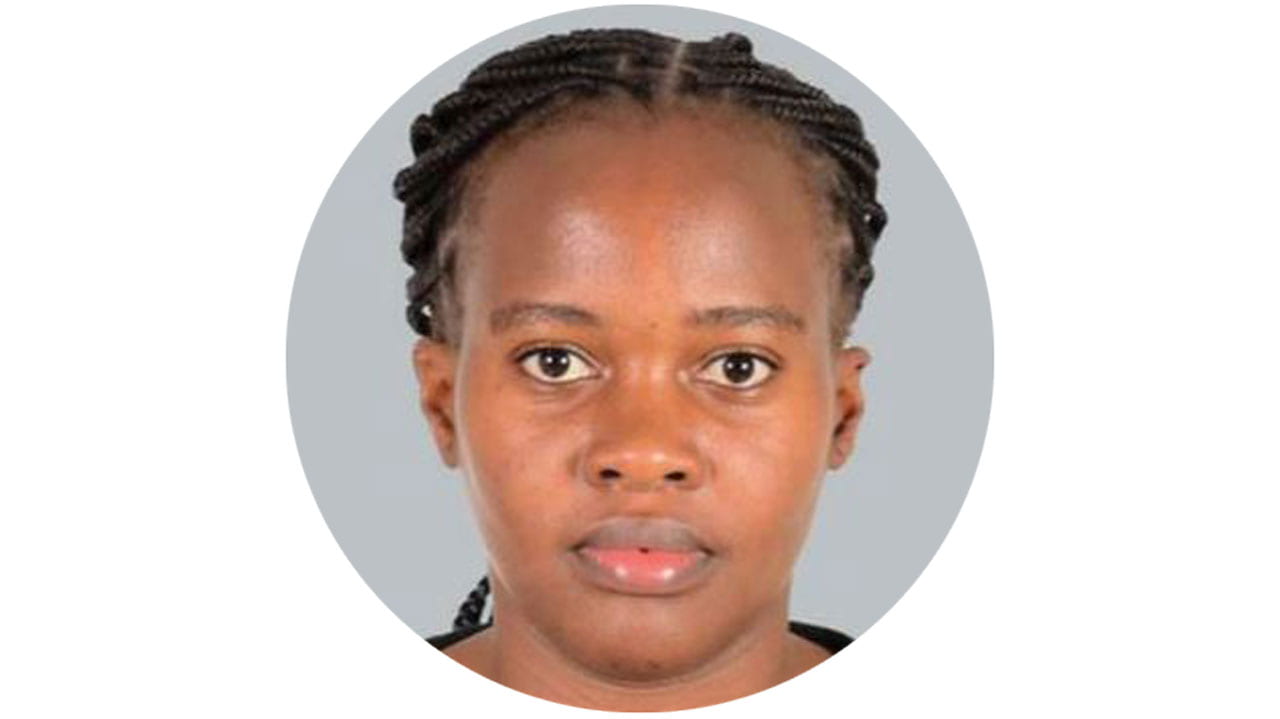
Laura Ombasa

Shien Ping Ong

Mark Ormsby
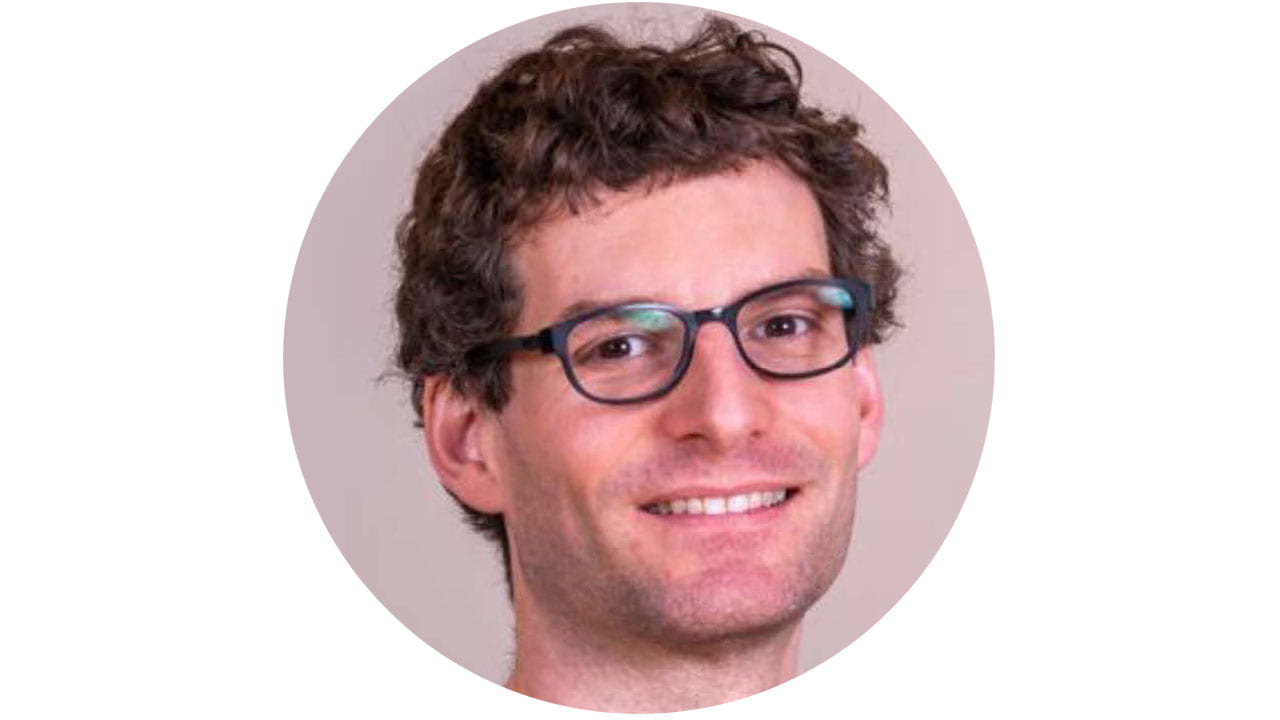
David O'Sullivan

Jack Penhaligan

Chris Pook

Robyn Richardson
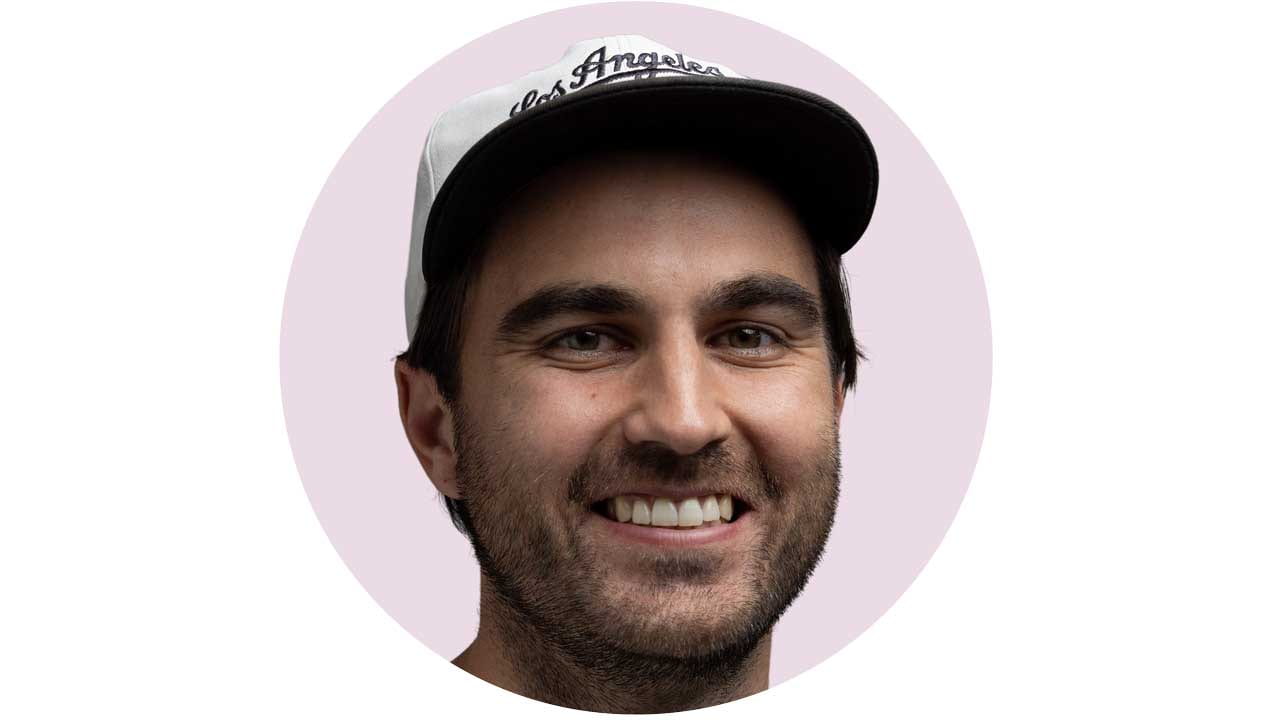
Zac Robinson

Nicole Roy
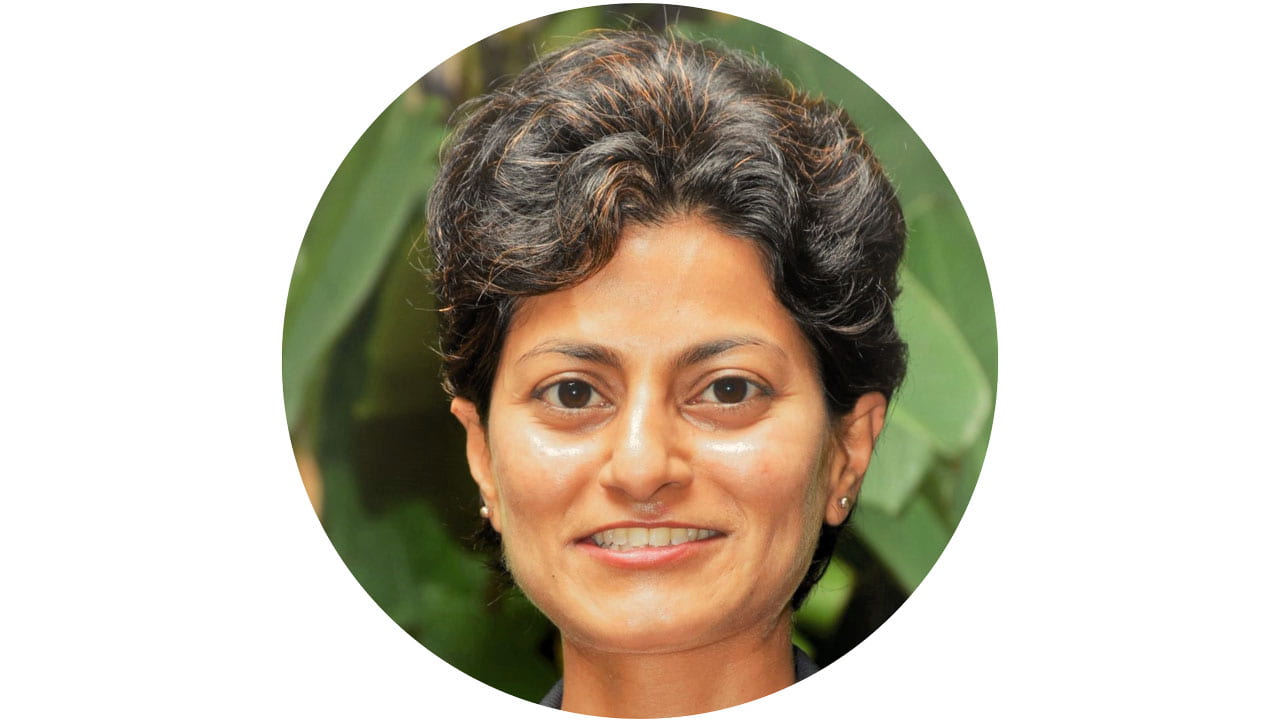
Ivana Sequeira-Bisson

Harina Rinaha Rupapera

Aahana Shrestha
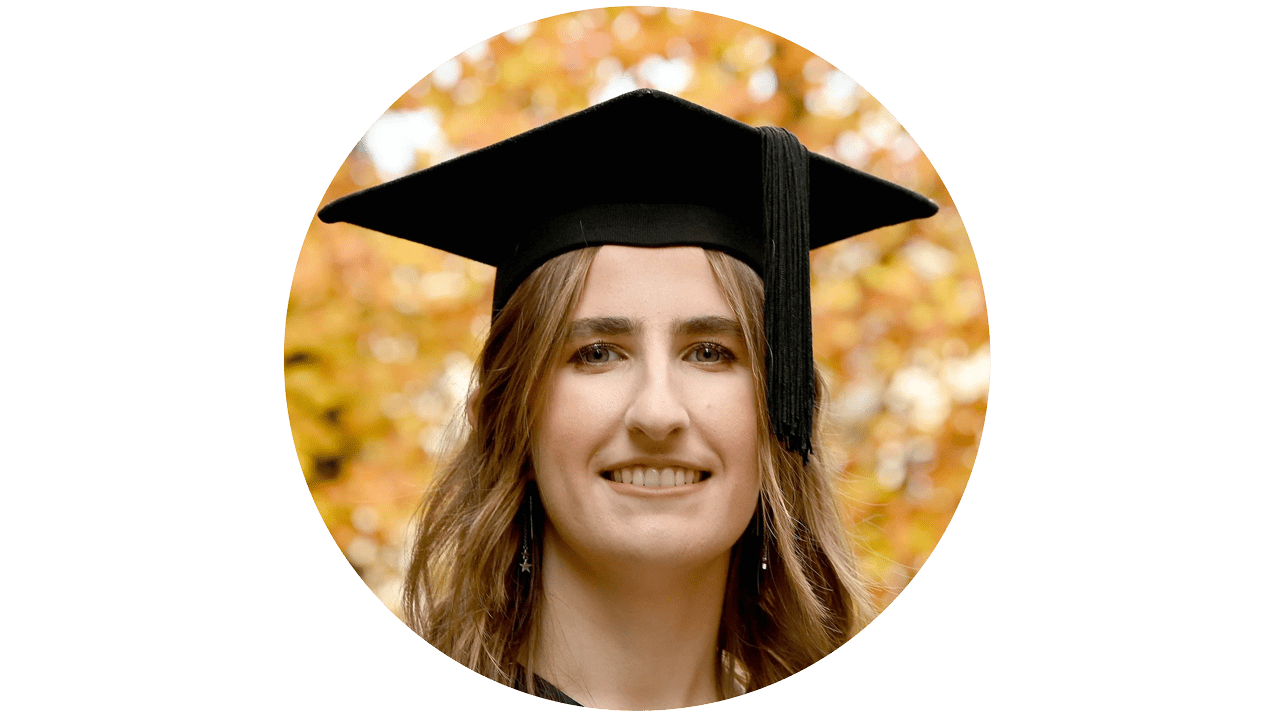
Ella Silk
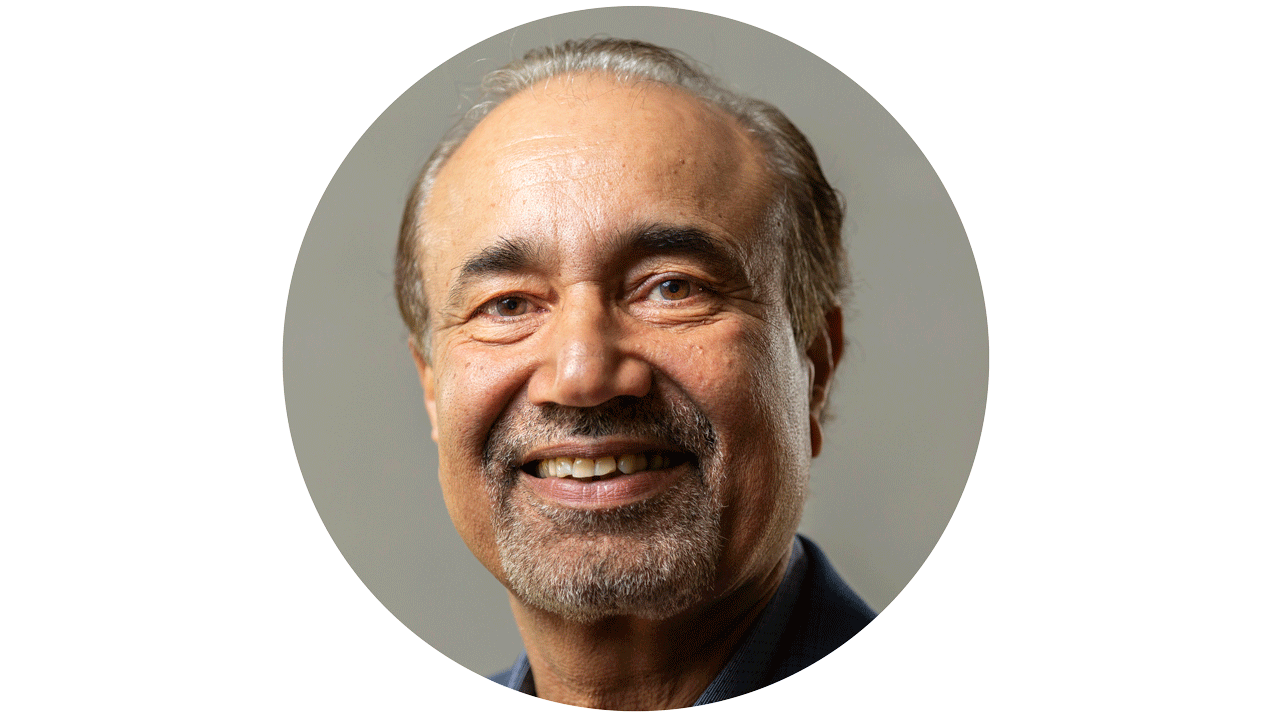
Harjinder Singh

Jeffry Tang

John Te Amo

Litto Tharakan
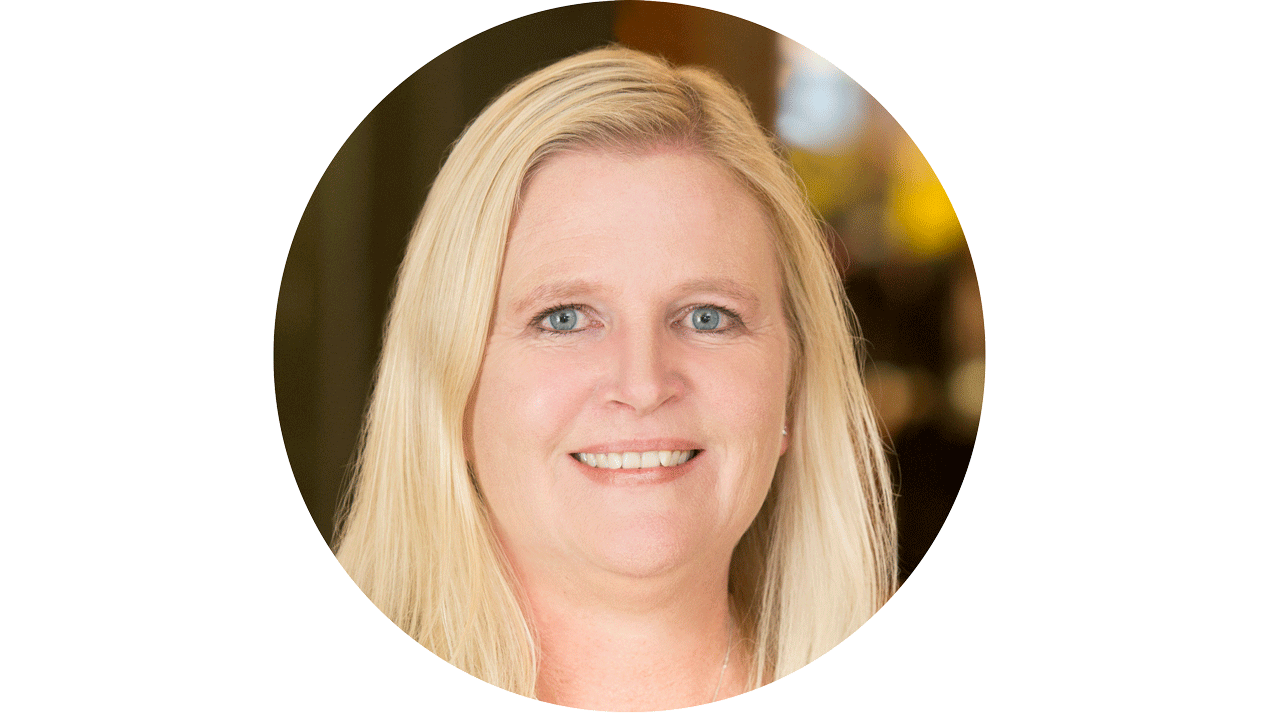
Joanne Todd

Jacqui Tonkie

John van Klink

Pamela von Hurst

Clare Wall

Neil Williams
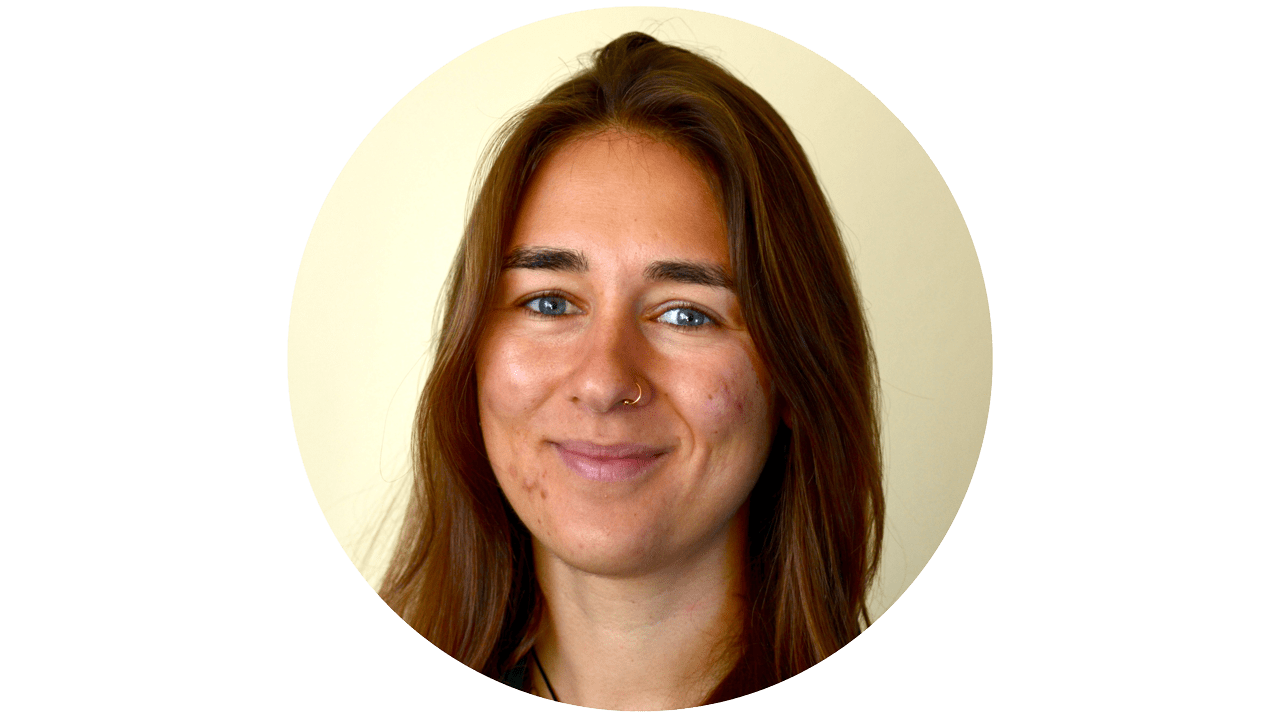
Anna Worthington

Professor Helene McNulty, PhD, RD, MRIA
Director of the Nutrition Innovation Centre for Food and Health (NICHE) and Professor of Human Nutrition and Dietetics, Ulster University, Northern Ireland
Helene McNulty is Director of nutrition research (NICHE) and Professor of Human Nutrition and Dietetics at Ulster University, and is a registered dietitian by professional training.
Helene is an elected Member of the Royal Irish Academy (since 2008), Fellow of the International Union of Nutritional Sciences (since 2017), and was co-Chair of the 13th FENS European Nutrition Conference Dublin (Oct 2019).
Helene’s research programme is aimed at providing greater understanding of nutrition-related health through the lifecycle and contributing to food and health policy internationally. She has particular expertise in micronutrients and has published extensively in the field of folate and metabolically related B vitamins, building impacts from early to late life and frequently delivering keynote presentations at scientific conferences worldwide.
In her academic role, Helene is actively involved in teaching and programme administration at undergraduate and masters levels in Food, Nutrition and Dietetics, and is fully committed to the integration of research and teaching. To date she has supervised 35 PhD students to successful completion.

Dr Cissie Chen
Technical Manager, NIG Nutritionals
Cissie is Technical Manager of NIG Nutritionals Limited, where she looks after product development, scale-up trial, and plant support in nutritional products for different age groups.
Cissie believes that nutrition is an essential aspect of a healthy lifestyle and the importance of getting it right cannot be overstated, and that high-quality products can boost your health in different ways.
Throughout 12 years career in dairy and nutraceutical industry, Cissie has developed and delivered many high-quality products to different markets including paediatric formula, pregnancy formula, elderly formula, weight management products, probiotics for gut health, etc.
Cissie holds a PhD in Foods Science from the University of Auckland with the research project “Co-encapsulation of fish oil with phytosterol and limonene.”
She has published seven posters in international conferences and two SCI articles and has been invited as an author for two international books.
In addition to publications, Cissie has been awarded project grants from Callaghan Innovation and finished in the top 10 in Science and Technology Innovation and Entrepreneurship Competition in China.

Dr David Musson
Senior Lecturer, University of Auckland
David is a Senior Lecturer in the Department of Nutrition and Dietetics at the University of Auckland.
David’s research spans cellular and molecular studies to clinical observational and interventional studies. His main research love is tendon, particularly in understanding the biochemical signalling from other tissues that contribute to the onset and progression of tendon disease. With a research background that spans most musculoskeletal tissues, however, he understands that no tissue should be thought of in isolation, but rather as a functioning unit that interacts with other tissues near and far.
He is currently the lead investigator of a High-Value Nutrition-funded study looking at the use of a novel omega-3-rich food for reducing inflammation in people with Achilles tendinopathy, as a means to improving their outcomes.

Leon Fung
CEO, NIG Nutritionals
Leon is a successful team leader, having served multinational companies in the dairy and food segment for more than 20 years. He has practical experience in different areas of business development, manufacturing operations, process technology and engineering, multimillion dollar CAPEX project management etc. He has in-depth understanding of the dairy industry in both China and New Zealand, with sound market knowledge of SEA countries.
Being a Chinese Kiwi, Leon has great interest in building stronger business ties between the two countries, advising on capital investment, trade and market assessment. He successfully helped to establish Yashili New Zealand Ltd in Pokeno and another dairy company in recent years.
Leon is currently CEO of NIG Nutritionals, a New Zealand company with 40 year’s history in supplying food supplement and infant formula products. He has led the Danone Nutricia NZ team, held executive roles in Winston Nutritional, Yashili New Zealand and Anhydro China (now part of SPX Flow Technology). He worked for Tetra Pak China and the New Zealand Dairy Board in his early career.

Lillian Morton
University of Auckland
Lillian completed her PhD exploring the effects of blackcurrant anthocyanins on exercise performance, cognition and respiratory function, including under conditions of poor air quality.
Lillian is a New Zealand registered nutritionist, holds an IOC sports nutrition diploma. She has been both an academic and worked in industry for a number of years.
Lillian has a special interest in exploring the potential of polyphenols and other bioactives in a variety of natural foods to improve health in individuals.

Professor Pamela von Hurst
Massey University
Pamela is a human nutritionist with a portfolio of research experience including clinical trials and population studies.
Pamela’s interests include vitamin D in health and disease, child health and nutrition, bone, metabolic syndrome and physical activity.

Reuben Dods
Co-Founder, Zoffee
Reuben is a co-founder at Zoffee, a startup with a vision for nature-positive production systems, developing a coffee alternative from Aotearoa New Zealand natives.
In New Zealand, we have a primary sector focused on the production of exotics and an underappreciated wealth of native biodiversity. Zoffee seeks to highlight native plants within the Coprosma genus, through crafting a rich-tasting coffee alternative, creating a business that has positive impacts for the environment and communities.
Reuben has a background in plant sciences, with a passion for food and a keen interest in how existing food production systems will change to meet the needs of people and the planet. With global warming placing a strain on conventional coffee production, and an ever-increasing global demand for coffee, Zoffee provides the opportunity to grab a sustainable, climate-resilient coffee-fix.

Bob Major
Co-Chair, HVN Board
Bob Major is one of Aotearoa New Zealand’s leading business leaders in the dairy industry and beyond. After graduating from Massey University with a MSc he held various senior positions within the New Zealand Dairy Research Institute, the New Zealand Dairy Board, and Fonterra Co-operative Group, in the Middle East, Asia and New Zealand. Over the last ten years, Bob has focussed on governance roles, and is, or has been, a director of a range of companies including Sealord, Westland Co-operative Dairy Company, Comvita, Miro Berries and KiwiRail. He also chairs the Avocado Primary Growth Partnership.

Craig Armstrong
Chair, HVN Industry Advisory Board
Craig has global Board and executive experience and connections from time with New Zealand Trade & Enterprise, HJ Heinz, Lion Nathan, Cadbury Schweppes, National Foods and other food, health and professional services firms.
He says he is currently ‘funemployed’ and is Independently Chairing and Directing in both public and private sectors, across consumer goods, health and agri businesses.

Alex Kanon
PhD Candidate, Riddet Institute
Alex Kanon is a Research Scientist in the Health and Nutrition Science team at the Fonterra Research and Development Centre.
He is completing at PhD at the Riddet Institute, investigating the impact of kiwifruit consumption on neurobiological health with a particular focus on sleep and mood. His research explores the underlying mechanisms, including antioxidant and neurochemical modulation.
Alex's previous work centred on studying the benefits of various foods in supporting immunity, enhancing physical performance and improving cognitive function, all contributing to the support of New Zealand's industry.

Anthony Light
Baking R&D Manager, Goodman Fielder
Anthony Light, a qualified food technologist brings over 20 years of diverse experience in the food industry. His journey includes roles as a chef, food technologist and people manager.
Anthony’s culinary roots began as a chef, training at AUT and honing his skills and passion for food in restaurants and patisseries in New Zealand and internationally.
Since returning to university and graduating in 2009, he has worked in and experienced various aspects of the food industry, including manufacturing, technical ingredient sales, quality assurance, and operations and was also involved in the start-up Tasty Pot Company, a ready-to-eat meals business.
In his current role as Baking R&D Manager at Goodman Fielder he oversees a team of six bakers and technologists. His responsibilities encompass factory technical support, research and development, and new product development, connecting with the business’s operations, quality, commercial and marketing teams.
His passion lies at the intersection of practical product formulations and the underlying scientific principles. Anthony’s journey reflects dedication, versatility and a deep love for the art and science of food manufacturing.

Zac Robinson
Co-Founder and Co-CEO, Ārepa
Zac embarked on his career as an industrial designer in London and Sydney, with projects ranging from medical products to the development of driverless cars. During this period, he collaborated with his business partner, Angus Brown, to develop a groundbreaking brain-enhancing beverage. This innovation has catapulted their drink to become the fastest-selling health beverage in New Zealand.
Ārepa is at the forefront of a new category in functional foods, dedicated to improving cognitive function. The team has dedicated substantial time and resources to rigorously test their products, affirming their commitment to enhancing people's health. With three published studies and another six anticipated within the year, Ārepa's dedication to scientific research underscores the efficacy and value of their products.

Mark Ormsby (Te Ātiawa, Ngāti Maniapoto, Ngāti Wairere)
Kaumātua/Tikanga Advisor
Mark has significant Māori engagement and cultural capability experience working in various government and iwi positions over the last two decades.
Mark is currently working on other engagement projects as the conduit between the Crown and Māori organic growers, as well as leading relationship development between the Crown and Māori and Pasifika home ownership scheme providers.
Mark is involved at a local level in cultural representation at events and protocols on behalf of Te Ātiawa in the Wellington region and is the takutai moana lead overseeing the marine and coastal area claim for Te Ātiawa ki te Upoko o te Ika ā Māui.

Dr Aahana Shrestha
Clinical Studies and Regulatory Affairs Specialist, Anagenix
Originally from Nepal, Aahana relocated to New Zealand in 2016. She holds a PhD in Health Science from the University of Auckland and Masters in Applied Biotechnology from Uppsala University, Sweden.
Aahana manages ongoing clinical studies, designs new clinical studies, prepares health claims dossiers, ensures compliance with regulatory requirements and offers recommendations for potential market opportunities based on regulatory insights.

Dr Chia Chun (Marcus) Loi
Senior Research Technologist, Tatua
Dr Chia Chun (Marcus) Loi serves as a Senior Research Technologist at the Tatua Co-operative Dairy Company Limited. Marcus is a key member of the R&D team, supporting the company’s Nutritionals portfolio of specialty proteins and protein hydrolysates in the collaborative research initiatives to showcase the efficacy and practical applications of Tatua’s products.
With a career spanning 16 years, Marcus has focused on applied research and commercial R&D, specialising in the modification of proteins and lipids to meet specific customer needs. His journey led him to Tatua in 2020, where he brought his expertise after completing his doctoral dissertation on the application of milk proteins and emulsifiers in coffee beverages.
Throughout his career, Marcus has garnered valuable experience in diverse settings, including an edible oil refinery, a specialty oleochemical company, a prominent food ingredient company and now Tatua, an innovative and specialised dairy company.
Marcus holds a Bachelors degree (BSc) in Biotechnology and a Masters degree (MSc) in Food Technology from the University Putra, Malaysia and a PhD in Food Science from the University of Otago.

Marshall Bell
Ecosystem Activator, New Zealand Food Innovation Network
Marshall’s role at New Zealand Food Innovation Network is to support a more connected and cohesive innovation ecosystem that leverages network expertise, assets and partners to deliver complete solutions for F&B businesses.

Dr Nicola Gillies
Lecturer, University of Auckland
Nicola is a New Zealand Registered Dietitian and Lecturer in Nutrition at the University of Auckland.
Nicola’s research focuses on diet-gut-brain interactions, with an interest in understanding how and why diet can improve mental and brain health.
She will present her HVN-funded research, which investigated the impact of a polyphenol-rich blackcurrant beverage on markers of the gut-brain axis.
Nicola also practices as a specialist gastroenterology dietitian in Tāmaki Makaurau, Auckland.

Professor Frank Bloomfield, ONZM
Deputy Vice-Chancellor (Research), University of Auckland. HVN Board Member
Professor Frank Bloomfield, ONZM, is the Deputy Vice Chancellor (Research) for the University of Auckland, which hosts the High-Value Nutrition National Science Challenge. Frank is a member of the HVN board.
Prior to this, he was Director of the Liggins Institute, one of the university's Large Scale Research Institutes. He is a Professor in Neonatology, having worked clinically for many years as a Consultant Neonatologist at Auckland City Hospital. Frank previously has been President of the Perinatal Society of Australia and New Zealand and the Perinatal Society of New Zealand.

Evelyn Mete
Food Claims Advisor, New Zealand Food Safety | Haumaru Kai Aotearoa
Evelyn Mete is a Food Claims Advisor at New Zealand Food Safety - Haumaru Kai Aotearoa.
She is a New Zealand registered dietitian and has a PhD in Human Nutrition from the University of Otago.
Her work area is predominantly in the regulations of health claims and nutrition content claims under the Food Standards Code. Much of her time is spent providing technical advice and guidance on the claims regulations, and reviewing the scientific evidence required to support new self-substantiated health claims.

John P.B. Te Amo (Ngai Tūhoe /Ngati Porou/ Ngāti Kahungunu)
Managing Director, Macorja Group Ltd
Growing up in the heart of Tuhoe, I was nurtured by the wisdom of my Kuia. I had the privilege of immersing myself in the rich tapestry of ancient knowledge that she imparted effortlessly. A blend of tradition and timeless wisdom, shaping my understanding of not just our cultural heritage, but also the profound connection between generations.
It shaped my understanding of life and the world around me. That this knowledge is being shared now is perhaps a reflection of evolving societal awareness and establishing trust.
I have a diverse background, including TE REO ENGLISH S.L., Spain, creating educational products for language learning; Project Manager and Trainer for military and specialist units; management positions with companies contracted by the US State Department; and the New Zealand Defence Force.
I hold positions with the Macorja Group and Te Mauri AIO. Both are committed to sustainable practices and indigenous culture:
- Director, Te Mauri AIO, a leading provider of Rongoā Māori services focused on mental health and hinengaro.
- Director and Co-founder, Mātai Rongoā Sciences. Overseeing the development and supply of functional beverages and other products created from traditional healing plants.
- A natural spring water project in Te Urewera, contributing to the community's well-being.
- Director and Founder, Macorja Games. An innovative language-learning approach that integrates indigenous culture and language through interactive gaming.

Neil Williams
Sustainable Food and Fibre Futures Grants Manager, Ministry for Primary Industries | Manatū Ahu Matua
Neil Williams is a grants funding specialist, having spent the last fifteen years working in the field. He has worked both nationally and in the United Kingdom managing lottery grants funding.
For the last ten years, Neil has been responsible for managing a wide range of Government funding vehicles at the Ministry for Primary Industries (MPI), from irrigation, forestry, and climate change, through to science and grassroots community funding.
For the last three years, Neil has co-managed MPI’s flagship fund, Sustainable Food and Fibre Futures. The fund has an annual budget of around $60m and currently funds over 200 projects that enable farmers, growers and industry to deliver economic, environmental and social benefits. Projects range from small, one-off initiatives to long-running multi-million-dollar partnerships.
In his spare time, Neil delivers Governance training to staff within MPI.
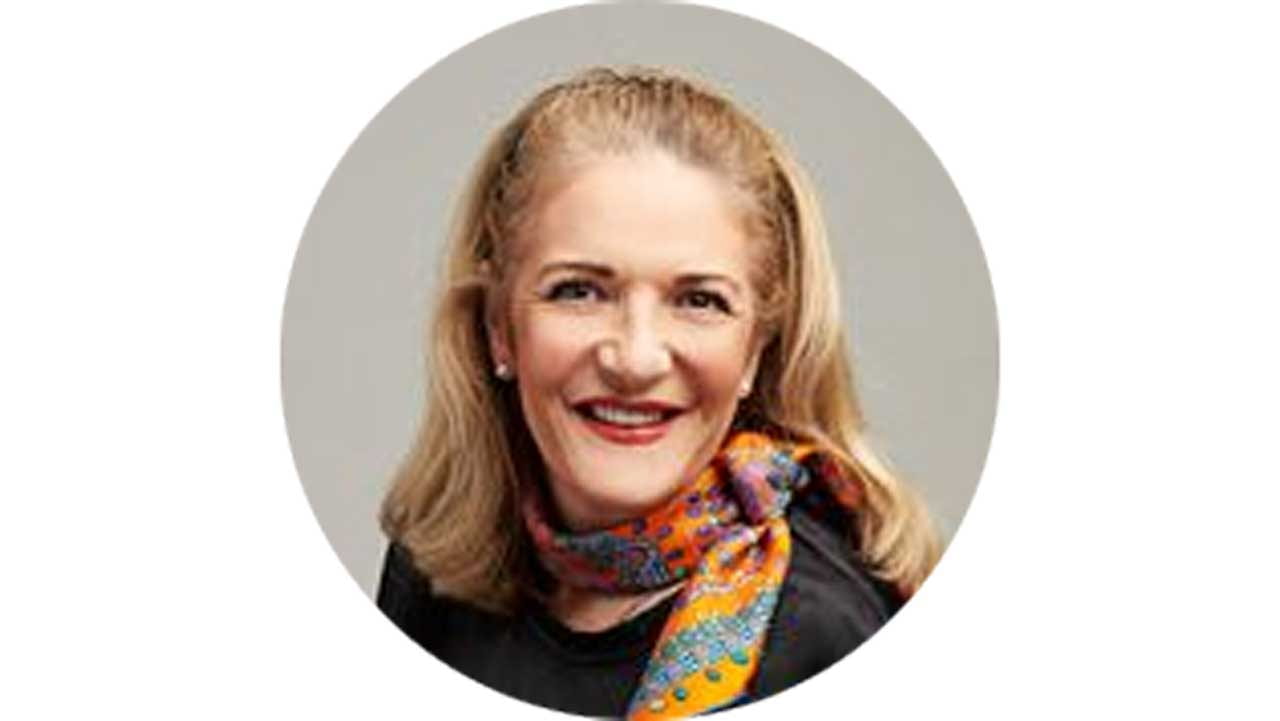
Sarah Kennedy
Founder and CEO, Calocurb Ltd
Sarah Kennedy is the Founder and CEO of Calocurb Ltd, a direct-to-consumer e-commerce company. Calocurb a revolutionary weight management product, was commercialised after 13 years of Government-backed science with Plant and Food Research. The company currently sells in five international markets and continues to grow rapidly through channels and geographies.
Sarah was formerly with Fonterra and held roles as Vice President International Farming based in China, Managing Director of Dairy Nutrition, and Managing Director of RD1 – Fonterra’s chain of rural retail stores.
Prior to joining Fonterra in 2011, she had more than 20 years’ experience in dietary and animal nutrition, including 10 years as Managing Director of Healtheries/Vitaco NZ Ltd. During her time at Healtheries, she trebled the company sales and then oversaw the merger of Healtheries and Nutralife to form Vitaco the third largest health and wellbeing company in the Australasian market.
She is originally a veterinarian by training and has held a number of senior executive positions in agribusiness and food industries.
In 2009/2010 Sarah completed a Sloan Fellowship Program in Global Leadership and Innovation at Massachusetts Institute of Technology, and holds a number of board positions with Government, private, philanthropic and listed NZ companies.

Dr Jackie Evans
Chief Science Officer, Comvita
Dr Jackie Evans is Chief Science Officer for Comvita (NZX:CVT), the global market leader in Mānuka honey, with 600+ staff across eleven countries worldwide.
Dr Evans is responsible for leading Comvita’s Science and Technical functions, including Quality, Laboratory, Innovation, Research, Regulatory and Industry Affairs, to deliver the company’s R&D and long-term growth strategies.
Dr Evans joined Comvita in 2017 and has over 20+ years’ experience leading International Science and Research programmes within the Pharmaceutical and Natural Health Product industry sectors. As Comvita’s Chief Science Officer, Jackie is dedicated to quality excellence and has a deep passion for advancing the scientific knowledge for the health benefits of Mānuka Honey and other bee products.
Before joining Comvita, Jackie held senior clinical research management positions at pharmaceutical companies GlaxoSmithKline and Amgen in the United Kingdom, where she managed global clinical trial programs for HIV and cancer medicines, and held senior positions at PHARMAC, the New Zealand Government’s Medicines Funding Agency, leading critical appraisal and negotiations for national funding of new medicines. Jackie holds a First Class BSc(Hons) in Microbiology from the University of Reading, UK, and a PhD in Virology and Immunology from University College London, UK.

Simone Frame
PhD candidate
Growing up in the secluded hamlet of Weber, I have always been interested in science and human anatomy. However, having a career in science felt out of reach. In my mid 20’s I decided to take the leap and I completed my bachelor’s degree in applied science at the Universal College of Learning. This led me to begin my Masters in Biological Sciences at Massey University in 2021.
Supervised by Professor Warren McNabb and Dr Jane Mullaney, my research focused on New Zealand grown banana cultivars and how they impact the developing gut microbiota of infants during weaning from milk to solid foods.
This research is just a steppingstone for the Māori community in the Northland and Gisborne regions to develop a successful commercial banana industry. This will aid the Austen whānau in Northland to continue to develop their horticultural mātauranga for the next generation.
I intend to never stop learning, develop new skills and begin a PhD in 2024.

Angus Brown
Founder, Ārepa
Angus Brown is the founder of Ārepa, a brainfood technology company that aims to make brains work better worldwide through scalable, accessible science-backed brain food.
Ārepa operates at the nexus between nature, food tech and neuroscience to create high value smart foods, with a goal to be a billion dollar exporter for New Zealand.
Before founding Ārepa, Angus worked for the New Zealand Government in foodtech at the $30m modular food incubator facility The FoodBowl for 6 years, helping companies large and small develop and commercialise new high-value F&B products for the local and export markets.

Professor Jane Coad
Professor in Nutrition, Massey University
Jane Coad is Research Professor in Nutrition in the School of Food & Advanced Technology in the College of Sciences of Massey University. Her research focuses on mechanisms by which nutrients affect health, particularly conditions involving inflammation (e.g. osteoarthritis, coeliac disease and inflammatory bowel disease) and cardiometabolic health (e.g. metabolic syndrome, type 2 diabetes and nonalcoholic fatty liver disease). Jane has also carried out research into nutritional factors affecting iron status, maternal and infant health, healthy ageing and gut microbiota.
Jane’s background in cell physiology and human nutrition has been applied to investigate the physiological mechanisms by which dietary components act at the cellular level, for instance, using in vitro cell models such as intestinal organoids. Whilst her focus is on the cellular mechanisms involved, Jane’s research is strongly informed by, and potentially applicable to, public health nutrition and the development of safe food products.
Jane presented the 2019 Nutrition Society NZ Muriel Bell Commemoration Lecture: “Nutrition in New Zealand: can the past offer lessons for the present and guidance for the future?” in which she presented the arguments to have a coherent national food strategy and to integrate nutrition and food-related disciplines to promote national food and nutrition security and enhance health and well-being. She has over 100 research publications and is the lead author of an internationally best-selling textbook. Jane is a former president of the Nutrition Society of New Zealand.

Georgia McLellan (Whakatōhea & Ngāi Te Rangi)
PhD candidate, University of Auckland and Research Officer, Massey University
Georgia is a PhD student in the School of Environment at the University of Auckland and a Research Officer in the Business School at Massey University.
Georgia's PhD is focused on Whakatōhea kuku (green-lipped mussel) economies. Throughout her research journey, Georgia has reconnected with her Ōpōtiki iwi, Whakatōhea, and has critically reflected on her place in the world as a Pākehā Māori.

Dr Dominic Lomiwes
Science Team Leader, Plant & Food Research
Dr Dominic Lomiwes leads the Immune Health and Physical Performance team at The New Zealand Institute for Plant and Food Research.
The team conducts research to investigate the benefits of foods in supporting immunity, physical performance and cognitive function to support New Zealand industry in the creation of value-added functional foods and nutraceuticals, and understanding mechanisms that underpin their bioactivity.

Harina Rinaha Rupapera
PhD candidate, Te Whare Wānanga – Awanuiārangi
Āio ki te rangi, āio ki te whenua, haere rā ngā mate tārūrū nui o te wā
Nau mai te ao, nau mai te pō
Nau mai te kō a Tū
Tēnei au ko Te Wainui, ka uru tapu nō Hineahuone
He raukura nō Te Aho Matua, he rau rengarenga nō roto i te raukura
He mokopuna o Hawaiki, Mauri tū, Mauri Ora!
Harina is a passionate advocate and environmental educator who believes cultural practices enhance wellbeing.
A master of applied indigenous knowledge, she is currently completing the third year of a PhD exploring Māori cultivation methods aligned with maramataka to inform resilient climate change strategy with a major focus on kūmara sovereignty and security.
Harina will be sharing a digital presentation of historical navigations that her ancestors encountered while exploring the ocean in search of new land, and the resilience in their climate-adaption strategies.

Dr Ivana Sequeira-Bisson
Senior Research Fellow, University of Auckland
Dr Ivana Sequeira-Bisson is a Senior Research Fellow at the Human Nutrition Unit, University of Auckland, and a Lead Investigator in the High-Value Nutrition National Science Challenge (HVN) Metabolic Health Programme.
Ivana has a keen interest in nutritional physiology with a research focus on metabolic health (MMedSc, University of Sheffield, UK; PGDip Dietetics, Mumbai, India) and gastrointestinal physiology (PhD, Massey University, Palmerston North).
She has been particularly involved in developing and validating novel methodologies, with a team of national and international collaborators, targeted at measuring intra organ fat (using MRI/S) and dynamic gut function.
Her goal is to integrate clinical outcomes with novel ‘omics’ data from the HVN programme to better understand mechanisms that drive (ethnic-specific) metabolic risk and develop targeted prevention strategies.

Dr Amy Lovell
Senior Lecturer, University of Auckland
Amy completed her PhD in 2018 and is currently a Senior Lecturer in the Department of Nutrition and Dietetics at the University of Auckland and a New Zealand Registered Dietitian.
Amy's research focuses on early childhood nutrition and ensuring that children have the best start to a lifetime of eating.
Amy has been involved with the HVN Infant Health Priority Research Programme since 2019, and completed the pilot feasibility study, which informed the large, randomised control trial.
Amy will present on the many challenges associated with completing rigorous research in vulnerable populations such as infants, and the lessons learned along the way.

Clare Menzies
Innovation Specialist and Business Growth Manager, Callaghan Innovation
I work in Wellington as an Innovation Specialist Business Growth Manager with Callaghan Innovation. I work as an enabler for customer’s businesses in the region. We are continuously learning about new products and knowledge to help build capability for business. I see my role as a communicator and relationship builder, connecting innovators and entrepreneurs with the right expertise to advance their vision and build their capabilities.
Sir Paul Callaghan inspires me with his legacy and how his advocacy has motivated students to study science and STEM subjects. My team at Callaghan Innovation continue to push the commercialisation of science and drive businesses to keep building and growing New Zealand's economy.
Through my work I have helped a start-up business receive R&D funding for designing and building a manufacturing robot. These robots will transform and improve efficiencies, as well as reduce operational costs for the manufacturing sector in New Zealand.

Dr Meika Foster (Te Ātiawa; Ngāti Mutunga)
Director, Edible Research Ltd
Dr Meika Foster is the Director of Edible Research Ltd., a company committed to the translation of scientific food and nutrition research for practical application in government, healthcare and the food industry.
Meika has a background in Law and Science and her distinctive skill set combines expertise in plant-based nutrition science and food sustainability, development of new high-value food solutions, indigenous organisms and biodiscovery research, and cultural and intellectual property law.
One of Meika’s primary roles is as Pou Rangahau Huataki (Research Lead) for Taketake a Tāne, the Indigenous Organisms Platform of AuOra, Wakatū Incorporation. She is an Honorary Associate Professor at the Liggins Institute.

Dr John van Klink
Scientist, Plant & Food Research
John van Klink is a scientist at the New Zealand Institute for Plant & Food Research (PFR), based at their Otago University site.
He is based in the Chemistry Department where he and his coworkers have developed a wealth of knowledge and experience investigating natural products from New Zealand. In this work, novel compounds with interesting or commercial properties (medicinals, flavours, pigments etc.) are extracted, isolated, characterised and quantified in a range of organisms and products. The practicalities of this research include optimising the production of secondary metabolites from economically-important agricultural and horticultural crops.
His research also contributes vital information to the understanding of the biodiversity of unique native plants, how they are related and the implications pertaining to the conservation of distinct plant chemotypes or subspecies that may exist in endangered environments.
A large part of John’s research has focused on the composition of mānuka, including its valuable essential oils and nectar.
He works with PFR colleagues and other collaborators from around New Zealand to understand how and why compounds from natural sources are made, and apply this knowledge to better understand living systems, and solve important scientific and societal challenges.

Jia Jiet Lim
Research Fellow, University of Auckland
Jia Jiet completed his PhD at the Human Nutrition Unit at the University of Auckland in 2021, funded by the Riddet Institute.
Currently, Jia Jiet is a Research Fellow at the Human Nutrition Unit, working on three clinical studies within the High-Value Nutrition National Science Challenge. Collectively, these studies aim to investigate the role of New Zealand foods and diets on metabolic health in healthy versus individuals with pre-diabetes.
Jia Jiet is particularly interested in investigating the differential role of dietary proteins in influencing energy intake, weight management and type-2 diabetes prevention. Jia Jiet has expertise in running nutrition clinical trials and is equipped with laboratory skills to measure circulating levels appetite hormones, amino acids and glycaemic-related response following a dietary intervention.

Shien Ping Ong
PhD candidate, University of Otago
Shien Ping Ong is a PhD student in the Department of Human Nutrition at the University of Otago, working under the guidance of esteemed academic researchers: Professor Nicole Roy, Dr Jody Miller, Professor Richard Gearry, Professor Warren McNabb and Emeritus Professor Lisa Houghton.
Driven by her mother's struggles with gastrointestinal health, she is passionate about expanding our understanding of how dietary factors impact gut health.
As part of Ping’s doctoral studies, she is running the YUMMI study, a clinical trial funded by HVN. The study aims to investigate how daily consumption of cow, sheep or goat milk over 12 weeks influences digestive comfort, nutritional status and gut microbiota in older women.
With her background in public health, Ping is deeply committed to bridging the gap between scientific knowledge and practical application to make a meaningful impact in the nutrition field. She hopes that the findings from her study will help shape nutritional recommendations for older women, ultimately enhancing their nutritional well-being and overall health.

Dr Kerry Bentley-Hewitt
Senior Scientist, Plant & Food Research
Kerry is a Senior Scientist in the Nutrition and Health group at Plant & Food Research, where she has worked for 13 years.
She completed her PhD at The Institute of Food Research in Norwich, UK, investigating the combined health benefits of probiotics and fish oils.
Her current interests are improving immunity and general wellness via food bioactives. Her current research project focuses on improving the responsiveness of the immune system towards Influenza antigens with a novel blackcurrant formulation that is high in polyphenols.

Hamish Glendinning
Head of Commercial, Pāmu Foods
Hamish leads the deer milk business within Pāmu, which is looking to develop a high-value alternative dairy industry and product offerings.
With Hamish’s leadership, Pāmu Deer Milk has become a world-first ingredient, showcasing groundbreaking innovation in the New Zealand food industry and is one of the examples of Pāmu’s innovation leadership and industry partnerships.
Hamish sees enormous growth potential for targeted, high-value forms of functional dairy produced in a way that contributes positively to both the environment and people’s health and wellbeing.
Pāmu is the brand name for Landcorp Farming Ltd, which strives to be a leader in New Zealand agriculture, carefully creating natural products of high quality.

Dr Chris Pook
Senior Research Fellow, Liggins Institute
Chris’ research explores the interface between chemistry and biology from abiotic molecular interactions to chemical mediation of health and behaviour in whole organisms. This evolved from his background in ecotoxicology as a means to understand the ways that pollutants affect the distribution of organisms.
His current research portfolio focuses on issues of human health, pathology and nutrition. He develops and applies cutting-edge analytical techniques to explore, for example, how volatile organic compounds in breastmilk mediate interactions between mothers and neonates, how fortification of preterm breastmilk affects its stability, and the ways that metabolites produced by the gut microbiome modulate human host physiology. His particular focus is LC-MS-based metabolomics techniques for profiling the metabolome and lipidome, and their application to clinical samples of plasma, urine, faeces and breastmilk.
Chris leads a large project funded by the High-Value Nutrition NSC that is exploring the phytochemistry of the taonga kawakawa (Piper excelsum). This project combines the nutritional, microbial and pharmacological profile of an experimental beverage containing kawakawa with evaluation of its safety and shelf-life stability.
The team have led the first-in-human clinical trials of kawakawa tea and consumption of kawakawa leaf powder, using modern science to investigate the mechanisms underlying the used of the taonga in Rongoā Māori, Māori traditional medicine. They have explored the chemical space of kawakawa tea and kawakawa leaf powder and documented the pharmacokinetics of human consumption, metabolism and excretion, as well as the physiological effects of that consumption on diverse biomarkers of metabolic and immune health.

Brad Lawson
Business Development Manager, Cherri Global
Brad Lawson leads the Cherri Health business at Cherri Global, which is adding value to cherry waste with research completed with HVN and BPA, and further research underway.
Cherri Health is developing innovative solutions to minimise and utilise fruit waste and optimise the bioactive properties of New Zealand grown cherries. Brad sees enormous potential in the utilisation of imperfect fruit for value-add products and is working on commercialisation strategies utilising all parts of the fruit, including the stem, stone and wood.

Kok Hong Leiu
PhD candidate, University of Auckland
Kok Hong received a bachelors degree in Nutrition and Community Health and masters degree in Community Nutrition from the Universiti Putra Malaysia. He received the SEAMEO RECFON fellowship to attend a postgraduate workshop in Jakarta, Indonesia and a DuPont grant to attend the International Young Food and Nutrition Leadership (iYouLead) training in conjunction with ACN 2019 in Bali, Indonesia.
Kok Hong was one of the recipients of the best poster presentation award sponsored by the U.S. Dairy Export Council during ACN 2019.He also has experience in research and health promotion in different populations, such as primary school children, indigenous people and institutionalised elderly.

Hamish Howard
Director, NewFish
Hamish Howard is a co-founder at NewFish, a biotechnology startup with interests in the blue economy, future food and fermentation.
Blackfoot Pāua, an endemic species of abalone, is considered a taonga by tangata whenua and is valued highly by many New Zealanders for a wide variety of reasons. Despite this, the vast majority of New Zealand’s commercial pāua harvest is bleached and canned for export. This process usually sees the nutritious and flavourful pāua skirt and hua discarded or used as crayfish bait, while the chemicals used to bleach the meat prohibit market access to all but a few Southeast Asian nations.
Created by Vaughan Mabee, the NewFish Pāua Saucisson is a naturally-fermented French-style salami that promotes a whole-fish or full-utilisation philosophy and positions our Blackfoot Pāua with pride of place.
Hamish has a background in marine science and commercial fisheries and is enthusiastic about the enormous potential of algae as an exceptional source of nutrition and as a new industry for Aotearoa New Zealand. Today, NewFish is focused on the development of food ingredients from microalgae, with a specific focus on creating clean, functional and safe protein that is both nutritious and delicious and doesn’t cost the earth, or the ocean.

Jack Penhaligan
PhD candidate, University of Auckland
Jack’s research interests are focused around the prevention of weight gain and insulin resistance through the manipulation of energy intake and energy expenditure through diet and exercise.
During his masters at Imperial College London, he explored the influence of acute exercise on subsequent appetite and energy intake via the putative release of anorexigenic gut hormones (GLP-1 and PYY).
He is now investigating the involvement of postprandial thermogenesis in the progression from normal glucose tolerance to overt diabetes as part of HVN’s Metabolic Health team.
Jack’s research aims are to optimise postprandial metabolism through the ingestion of bioactive food ingredients whilst evaluating the impact on one’s insulin sensitivity and energy balance.
Jack loves keeping active, especially through playing football. He has a black belt in taekwondo, which he counts on to keep him focused in the ‘fight against obesity’!

Lachlan Lee
Junior doctor and PhD candidate, University of Otago
Lachlan is working with Professor Jeremy Krebs and Dr Rosemary Hall on developing and testing a novel dietary assessment tool. His areas of interest include diabetes, obesity and digital health technology.
Having grown up in Fiji and New Zealand and seeing the impacts of nutrition-related conditions such as diabetes and obesity, Lachlan is excited to contribute what he can to improve health outcomes and equity in New Zealand, and continue developing as a researcher.
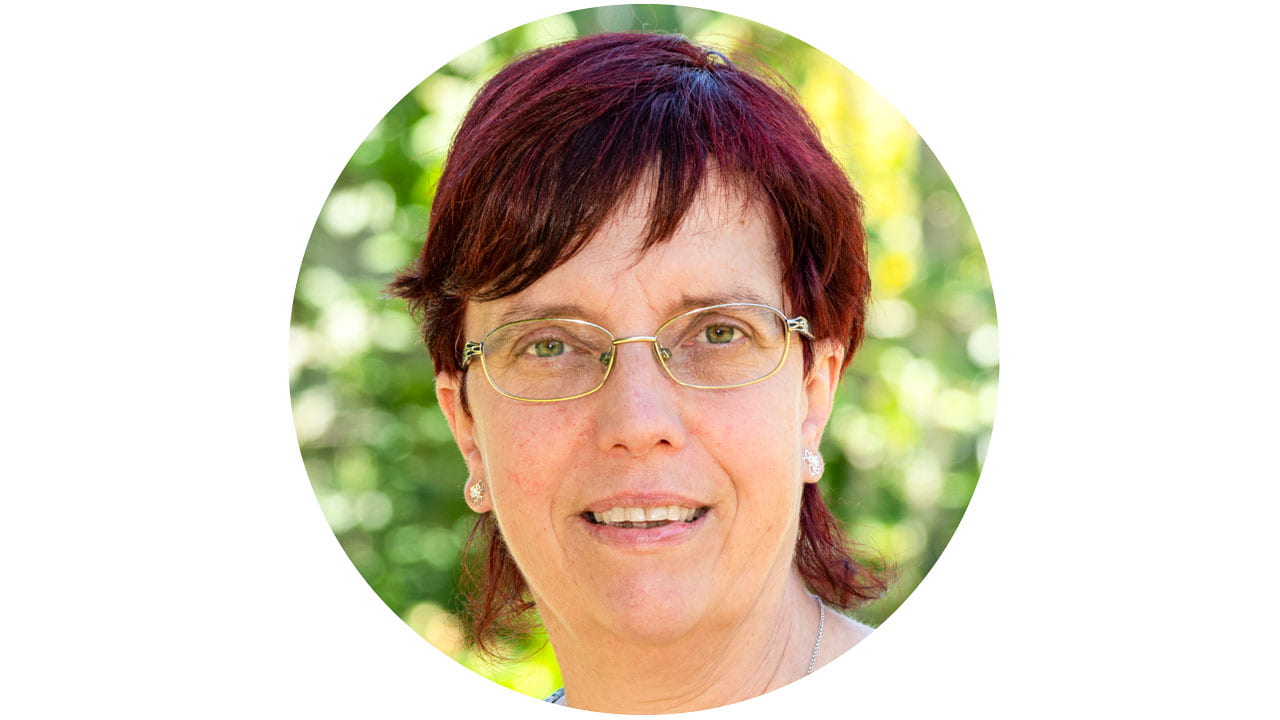
Dr Carolyn Lister
Principal Scientist and Team Leader Food & Health Information, Plant & Food Research
Carolyn completed her BSc(Hons) and PhD in pwlant biochemistry at the University of Canterbury. A fellowship at the University of Glasgow fuelled her interest in the role of plant pigments in human health.
Her teams’ research includes identification and quantification nutrients and phytochemicals, product development and development nutrition content and health claims. As well as management of the New Zealand Food Composition Database, she drives a key programme to make food composition data easier to manage and more accessible and relevant to users.
Carolyn also has a strong interest in communicating science to a diversity of different audiences, including the public.

Professor Marlena C Kruger
Professor of Nutritional Physiology and Associate Dean Higher Degree Research, College of Health, Massey University
Professor Kruger obtained her PhD in 1986 and was also appointed as post-doctoral fellow in biochemistry at the University of Texas at Austin, USA in the same year.
Between 1991 and 1999 she set up a bone research laboratory with the focus on fatty acids and bone health at University of Pretoria, South Africa.
Marlena migrated to New Zealand in April 2000 and her role was to help establish bone research at Massey University. She was promoted to her current position as Chair in Nutritional Physiology in 2005.
Professor Kruger has supervised and co-supervised 23 Doctoral candidates to completion. She has over 200 book chapters, proceedings and publications in international peer reviewed journals.
Her group’s expertise includes cell based models for bone and joint health research, preclinical models and human nutritional intervention trials. Her current research focus is nutrition and bone and joint health with an emphasis on lipids, dairy foods, marine extracts and polyphenols.

Dr Jeffry Tang
Senior Research Fellow, Malaghan Institute of Medical Research
Jeffry completed his PhD at the School of Chemical Sciences at the University of Auckland in 2018, under the joint supervision of Associate Professor Robert F Anderson and Professor Laurence Melton.
Following his PhD, he worked at the Centre for Free Radical Research at the University of Otago, Christchurch, where he studied the relationships between the levels of a variety of protein and small-molecule markers of oxidative stress, with aspects of human health and development.
In 2019, Jeffry joined Dr Olivier Gasser’s Translational Immunology team at the Malaghan Institute as a postdoctoral research fellow in nutritional immunology. The limited bioavailability and extensive metabolism of many dietary compounds have piqued his interests in investigating how different metabolites generated during the first-pass and microbial metabolisms of these compounds can benefit immune cell function.
His ongoing research applies systems immunology approaches to provide novels insights on how diet-derived metabolites could impact immune tolerance towards normal intestinal flora, while simultaneously boosting responses against pathogens and other stimuli deleterious to immune homeostasis.

Ibrahim Mohamed
PhD Candidate, University of Auckland
Ibrahim is a PhD student based at the University of Auckland’s Human Nutrition Unit in Mt Eden, Auckland.
His research is focused on finding nutritional interventions that contribute to diabetes prevention. He initially joined the team at the Human Nutrition Unit to do his masters degree, where he investigated whether fat-free soft tissue was associated with type 2 diabetes resilience in a cohort consisting of Asian Chinese and European Caucasian participants.
While his masters thesis was geared towards type 2 diabetes resilience, his PhD will shift this focus towards type 2 diabetes prevention. More specifically, he aims to assess a range of established and novel biomarkers of diabetes to determine whether a New Zealand nutritional product ameliorates diabetes risk in a multi-ethnic cohort of prediabetic individuals.

Xiaoxi Fu
PhD Candidate, University of Auckland
Xiaoxi Fu completed a Bachelor of Science majoring in Human Nutrition in 2016 and went on to complete a postgraduate diploma with a research focus on infant feeding methods, both at the University of Otago.
She worked as a research assistant at the National University Hospital in geriatric health in Singapore before beginning her PhD in Health Sciences at the University of Auckland's Faculty of Medical and Health Science in 2019.
Xiaoxi's research focuses on the effects of introducing a prebiotic-rich food as the first food on infant sleep patterns in the first year of life, as part of The Seeding Through Feeding (SUN) Study under the supervision of Professor Clare Wall and Dr Amy Lovell.

Dr David O'Sullivan
Senior Research Fellow, Malaghan Institute of Medical Research
David studied Pharmacology and Toxicology at Te Whare Wānanga o Otāgo | University of Otago before moving to Te Herenga Waka | Victoria University of Wellington to complete a PhD in Cellular and Molecular Bioscience under the supervision of Anne La Flamme.
David undertook Postdoctoral Fellowships at Washington University in St Louis, USA and the Max Planck Institute of Immunology and Epigenetics, Germany, in Erika Pearce’s Laboratory.
His research has mainly focused on T cell immunology, within the context of autoimmunity, infectious diseases, or cancer, and more broadly on how metabolic processes impact immune cell function.
David is a Senior Research Fellow at the Malaghan Institute of Medical Research where he is exploring the role that dietary nutrients have in influencing human immune cell metabolism.

Professor Jeremy Krebs
Endocrinologist, Capital and Coast Health. Professor, University of Otago
Jeremy is an Endocrinologist with a particular interest in obesity and diabetes. He trained in Endocrinology at Wellington Hospital in New Zealand and did his doctorate with the Medical Research Council - Human Nutrition Research unit in Cambridge, England. His thesis was on the impact of dietary factors on obesity and insulin resistance.
Jeremy returned to New Zealand in 2002 where he is an Endocrinologist at Capital and Coast Health and Professor with the University of Otago. He previously set up and directed the Clinical Research Diploma at Victoria University.
As well as clinical and teaching activities, Jeremy maintains active research interests in the area of obesity and diabetes, with a focus on nutritional aspects, bariatric surgery and diabetes service delivery.

Dr Aidan Joblin-Mills
Post Doctoral Researcher, AgResearch
Aidan’s research interests and expertise include systems biology and metabolic diseases (PhD, VUW).
Aidan is post-doctoral researcher in AgResearch’s Food Chemistry and Structure team and works with the High Value Nutrition (HVN) Metabolic Health programme to provide an untargeted metabolomics lens to the University of Auckland’s Human Nutrition Units (HNU) clinical trials.
With multivariate statistics, machine learning and bioinformatics tools, Aidan aims to characterise the impact of New Zealand’s food and beverage products against disease biomarkers and metabolic health models. Aidan is investigating the beneficial outcomes from the HNU Synergy study through participants plasma lipids and metabolites.

Dr Jarrah Dowrick
Auckland Bioengineering Institute
Jarrah is a Research Fellow with the Gastrointestinal (GI) Research Group at the Auckland Bioengineering Institute (ABI) and a member of the Laboratory for TrAnslational Research in Gastroenterology and Emerging Technologies (TARGET Lab).
His current research focuses on using statistical and biophysical modelling techniques to identify clinically-relevant biomarkers and therapeutic targets for bowel-based disorders of gut-brain interaction, such as irritable bowel syndrome and functional constipation. His research is supported by the High-Value Nutrition National Science Challenge.
Jarrah completed his Bachelor of Engineering (Hons) in Biomedical Engineering at the University of Auckland in 2016. During his honours project, he used computational fluid dynamics modelling and instrumentation to investigate the practical applications of a needle-free jet injector with a deformable orifice.
He undertook a PhD in Bioengineering at the ABI where his research explored the influence of dynamic loading patterns on the calcium handling of cardiac muscle.

Professor Jun Lu
Auckland Bioengineering Institute
Professor Jun Lu obtained his BSc from East China Normal University and MSc and PhD from the University of Auckland.
His research interest is mainly in nutraceutical products and metabolic disease. He has published more than 160 peer-reviewed journal articles.
He has been working on New Zealand seafood products (including mussel, seaweed, paua, fish and clams) to extract bioactive compounds for more than ten years. He is the principal investigator of the HVN-funded project mussel-fucoidan as supplemented superfood for the prevention of type 2 diabetes and alleviation of joint pain.

Dr Amber Milan
Postdoctoral Scientist, AgResearch and the Liggins Institute
Amber completed a BScH in Nutrition and Dietetics at Acadia University, Nova Scotia, Canada. She moved across the ditch to complete her PhD at the University of Auckland in 2016, and is currently a Postdoctoral Scientist at AgResearch and the Liggins Institute at the University of Auckland.
Her area of interest is the digestion and metabolism of nutrients.
Her research looks at the human body’s response to foods, examining how digestive differences in healthy individuals impact post-meal bioavailability and metabolic processes. She is particularly interested in the role of food structure and composition in digestion and nutrient delivery.
She has been investigating how food structure can be used to provide optimal nutrition for groups like the elderly, and to manage food intolerances.

Mark Buntzen
Founder, The Distillery
Mark is an experienced strategist and facilitator with a background in business strategy consulting, industrial design, and science. He focuses on research-led strategy, innovation, and futures and foresight work to help clients create, and realise, better futures. In service of this work, Mark often develops and facilitates engaging, challenging workshops that use structured creativity and problem-solving techniques to help people develop smart solutions to their business challenges.

Jasjot Maggo
PhD Candidate, University of Otago
Jasjot is studying the impact of natural dietary interventions on gut health, and exploring novel technologies for assessing gut function.
Prior to studying for her PhD, Jasjot contributed to projects that utilised digital technologies to deliver healthcare services to underserved communities. Her primary passion lies in exploring and utilising emerging technologies that have the potential to improve the overall health and wellness of people.

Dr Diana Cabrera
Postdoctoral Research Fellow, AgResearch
Diana has a PhD in Nutrition from Massey University and a masters in Biochemical Engineering from the Instituto Tecnologico de Merida, Mexico.
Diana is an early career researcher in the field of human nutrition and metabolomics. After completing her PhD, joined AgResearch as a Postdoctoral Fellow and the High-Value Nutrition National Science Challenge in early 2020.
Diana is working on nutritional studies and on understanding the little-known bioactive substances present in food and how this could influence health conditions.

Maria Barnes
PhD candidate, University of Otago
Tēnā koutou katoa. E rere haere ana ngā mihi ki a koutou.
Nō Hokianga ahau. He uri ahau nō Waimamaku, Kokohuia, Whirinaki, Taheke.
Ko Maria Barnes tōku ingoa
My presentation will share our journey and my research based on developing sustainable food systems for our people in Hokianga.
The three areas are based on mahinga kai (gardens), mahinga moana (food from the ocean) and mahinga ngahere (food from the forest).
My research looked at traditional practices, practices of today and educational opportunities for future developments.
My presentation will cover key insights gained during this research and pathways that have been developed to support our people to become more self-sufficient in their food systems.

Amanda Stevens
Consumer Futurist
Amanda Stevens is a renowned thought leader on the customer experience. She combines current consumer insights with fascinating research into buying behaviour, delivering organisations and business owners powerful strategies for connecting with their customers.
Amanda has a double degree in consumer psychology and marketing. She has consulted to some of Australia’s biggest brands, including Lend Lease, Microsoft, Procter and Gamble and even the Australian Liberal Party.
Recognised as one of the most entertaining speakers on the circuit, Amanda has presented at over 700 conferences in 14 countries. She combines practical strategies with a mesmerizing storytelling style, leaving audiences with memorable messages and actionable insights.
Amanda is a former Young Australian of the Year (Career Achievement, NSW) and in 2003 was awarded the prestigious Centenary Medal by the Governor General for Business Innovation. Amanda is a Certified Speaking Professional (CSP), one of the highest accolades awarded by the Professional Speakers Association of Australia. She has shared the stage with Sir Richard Branson, Sir Bob Geldof and in 2014 was the supporting speaker for Condoleezza Rice at the Global Leadership Summit.
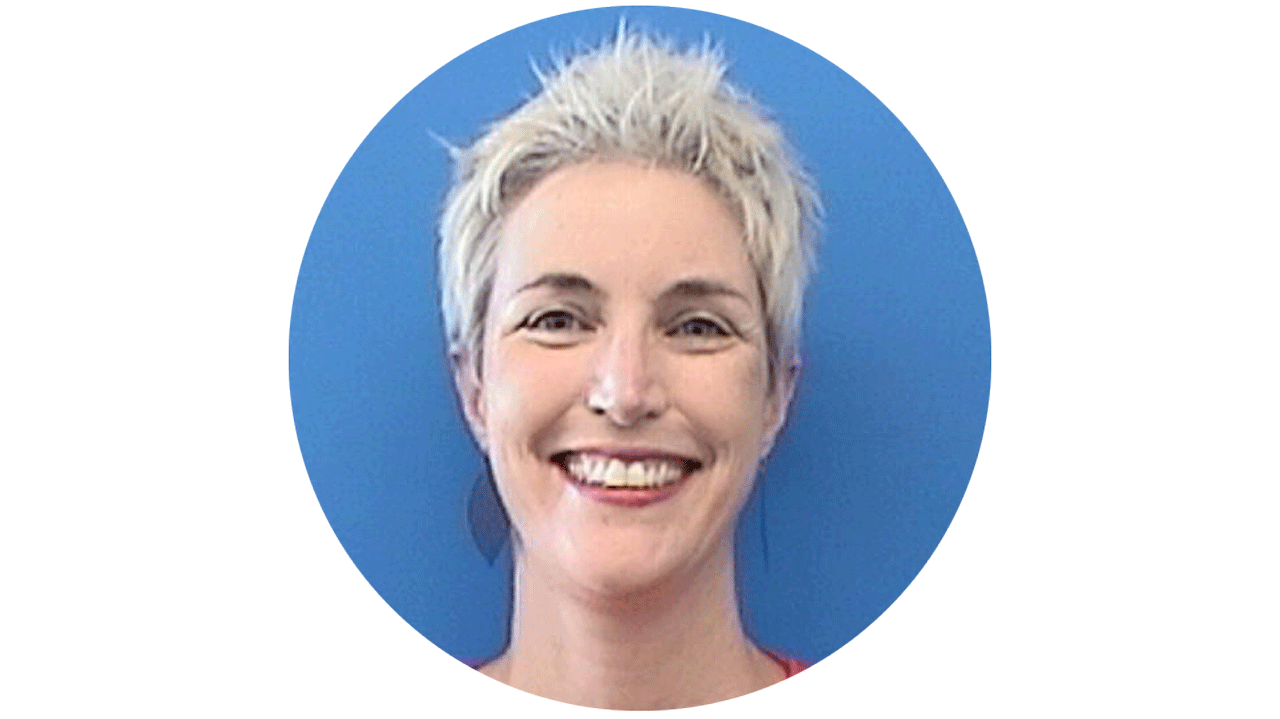
Associate Professor Fiona Lithander
University of Auckland. HVN Science Leadership Team
Dr Fiona Lithander is a registered dietitian and nutrition scientist who took her PhD in nutritional physiology from the University of Cambridge in the area of human energy metabolism and appetite regulation. Her post-doctoral research training included a post-doc and lectureship at the University of Auckland between 2001 and 2006, before academic positions at Trinity College Dublin, the Australian National University and the University of Bristol. Fiona also practices as a dietitian in the area of performance sport. Fiona is working on the HVN-funded clinical trial, He Rourou Whai Painga.

Distinguished Professor Harjinder Singh
Director of the Institute of Food Science and Technology, Massey University. HVN Science Leadership Team
Distinguished Professor Harjinder Singh is a world-renowned food scientist. In addition to leading the Food Science and Technology programme at Massey University, he is also Director of the Riddet Institute and leads the Science of Food programme for High-Value Nutrition. His research has focused on food colloids, food ingredient functionality, functional foods and the food structure-nutrition interface. He has published more than 300 research papers and is the co-inventor of 12 patents which have been the basis of several commercial innovations. His international standing has been recognised by national and international awards, including the Prime Minister’s Science Prize. He serves on several national and international committees advising on food strategy, development and implementation.

Dr Jane Mullaney (Ngati Porou, Ngati Raukawa)
Vision Mātauranga Leader, HVN
Dr Jane Mullaney is the Vision Mātauranga Leader for the High-Value Nutrition Ko Ngā Kai Whai Painga National Science Challenge. Jane is a senior scientist at AgResearch, Adjunct Senior Researcher for Massey University and an Associate Investigator for the Riddet Institute. Her key expertise is in the microbiome. Jane has worked on HVN’s Infant Health and Digestive Health Priority Research Programmes as an Associate Investigator. She is also part of the research team for two HVN Contestable Fund projects, working with the Macorja Group to develop a Rongoā beverage and with Ngāti Kuia on understanding and characterising the effects of maramataka of Kānuka harvesting.

Joanne Todd
HVN Challenge Director
Joanne Todd leads the Challenge Directorate team. She joined the Challenge from Fonterra Co-operative Ltd, where for over 20 years she held several nutrition and management roles with a focus on combining business development, science, regulatory and marketing activities, with an emphasis on Asian export markets. She has led and developed globally based cross-functional teams to deliver on a portfolio of projects and has built consumer insight, clinical research, and product development programmes that have delivered successful commercial outcomes increasing revenue for Fonterra’s consumer brands business. Her experience includes work across many areas including maternal, paediatric, immunity and mobility platforms, bringing vast experience in consumer-led innovation, combined with commercial acumen and understanding of the global consumer goods market and international regulatory environments.

Professor Richard Mithen
Liggins Institute, University of Auckland. HVN Chief Scientist
Professor Richard Mithen is a Professor of Human Nutrition at the Liggins Institute at the University of Auckland and Chief Scientist for the New Zealand High-Value Nutrition National Science Challenge. Following a PhD at the University of East Anglia and several years working in south-central Africa on the conservation of wild crop relatives, Richard was a group leader at the John Innes Centre and Professor of Crop Science at the University of Nottingham prior to moving to the Institute of Food Research in 2003. Richard has played a major role in the development of the Quadram Institute, a new institute on the Norwich Research Park that combines food and nutritional science with human microbiome research and clinical expertise. Richard’s major research interests are at the interface between crop and food science and human nutrition. Richard migrated to New Zealand in 2019.

Dr Olivier Gasser
Team Leader at the Malaghan Institute of Medical Research. Principal Investigator, HVN Immune Health Priority Research Programme
Olivier Gasser, MSc, PhD, completed his postgraduate degree in Biomedical Research at the University of Basel (Switzerland) in 2004. Following postdoctoral research at the University Hospital Basel, Switzerland, and Harvard Medical School, USA, he joined the Malaghan Institute of Medical Research in 2011 to become a Senior Research Fellow in the Institute’s cancer immunotherapy programme. In 2017, Dr Gasser was appointed as Leader of the Translational Immunology research programme where he now focuses on nutrition and the microbiome and their impact on immune development and homeostasis in humans. As leader of the Immune Health Priority Research Programme of the High-Value Nutrition (HVN) National Science Challenge, he investigates the mechanistic links between nutrition and health outcomes, with special interest in immune-metabolic effects of food macronutrients and the direct impact of polyphenols on immune function. The HVN-funded side of his research programme is paired with fundamental immunology projects investigating the role of microbiome- and/or vitamin-reactive T cell subsets (such as mucosal-associated invariant T cells and invariant natural killer T cells) in the development of allergic and metabolic diseases.

Professor Nicole Roy
Department of Human Nutrition, University of Otago. Principal Investigator, HVN Digestive Health Priority Research Programme
Professor Nicole Roy is with the Department of Human Nutrition at the University of Otago Professor Roy has research interests in nutrition and health, host-microbiome interactions, gastrointestinal physiology, and gut-brain communication. She is based in Palmerston North and leads the Digestive Health Priority Research Programme for the High-Value Nutrition National Science Challenge. Professor Roy completed her PhD in Canada and the United States and postdoctoral studies in Scotland, where she focused on how nutrition and food components can modify inter-organ nutrient partitioning and communication using tracer kinetics, animal models and in vitro models. She is also an Adjunct Professor at the Riddet Institute and a Principal Investigator in the Riddet Institute Centre of Research Excellence.

Associate Professor Jennifer Miles-Chan
Faculty of Science, University of Auckland. Principal Investigator, HVN Metabolic Health Priority Research Programme
Dr Jennifer Miles-Chan is a Director of the Human Nutrition Unit and Associate Professor in the School of Biological Sciences at the University of Auckland, and principal investigator of the Metabolic Health programme. Jennifer’s research focuses on inter-individual variability in nutritional energetics and the regulation of body composition and metabolism – in essence, trying to work out why some of us are more susceptible to obesity and metabolic disease than others, and how we might be able to tailor prevention and treatment strategies accordingly.

Dr Denise Conroy
Senior Scientist, Plant & Food Research. HVN Science Leadership Team
Dr Denise Conroy is a Senior Scientist with the Consumer Team, Plant and Food Research, based at the Mt Albert campus. Denise is a Consumer Behaviourist, specialising in understanding the attitudes, emotions, values and cognitions that motivate people to consume specific products, brands or experiences, or to reject these offerings. As an interpretivist researcher Denise is a skilled methodologist, and is very experienced at leading complex teams, across different disciplines, and from diverse backgrounds, to reach a common goal. Much of Denise’s research is Asia focussed; current projects include an exploration of how organic labels on fresh fruit and vegetables are processed and interpreted in Vietnam; why organic is considered to be part of status expression in South Korea, as opposed to any reference to sustainability or the green movement, and, as PI of the High-Value Nutrition National Science Challenge, exploring how Chinese consumers construe the relationships between food and health.

Professor Clare Wall
Faculty of Medical and Health Sciences, University of Auckland. Principal Investigator, HVN Infant Health Priority Research Programme
Professor Clare Wall heads the Nutrition Department at the Faculty of Medical and Health Sciences at the University of Auckland and is the principal investigator of the HVN Infant Health Priority Research Programme. Her research interest is in the inter-relationships between the determinants of nutritional status and health outcomes of the paediatric population.

Anna Worthington
NZ Registered Dietitian and PhD candidate, University of Auckland
Anna is a PhD candidate with the He Rourou Whai Painga study. Her interests lie in integrating behavioural science with holistic, evidence-based nutrition care to empower people to achieve wellbeing.
“We all know how challenging it can be to change our behaviours, particularly those involving kai (food).”
Anna’s PhD investigates how we can use behavioural science to support participants within nutrition trials to change their behaviours, such as changing dietary patterns. Through this, we can improve the quality of nutrition trials and decrease resource waste. Importantly, this also prioritises the holistic wellbeing of participants by placing them at the centre of the research.

Jacqui Tonkie
PhD candidate, Riddet Institute
Originally from South Africa, Jacqui completed her Undergraduate degree at Wits University, and her Honours and Master's degrees in Botany at Stellenbosch University.
Guided by esteemed supervisors Warren McNabb, Clare Wall, Jane Mullaney, Nicole Roy, and Marlena Kruger, her research revolves around the important topic of Complementary Feeding to Nourish and Support Infant Health.
An area of particular interest to Jacqui is understanding the optimal complementary foods that promote a healthy infant gut microbiota. Through her PhD research, she aims to shed light on the effects of prebiotic complementary foods on the development and modulation of the infant gut microbiota. To achieve this, she employs a combination of in vitro investigations and clinical trial studies. By unravelling this intricate relationship, her research contributes to our understanding of how to promote the health of infants during this critical stage of life.

Litto Tharakan
PhD Candidate, University of Auckland
Litto is a PhD Candidate on the He Rourou Whai Painga study, working on Aotearoa New Zealand diet intervention for metabolic health- HRWP Trial.
For her Masters in Health Sciences, Litto worked on gestational diabetes at the Liggins Institute at the University of Auckland, where she honed my research abilities.
Her background is as a clinician and a specialist in obstetrics and gynaecology in India and the United Arab Emirates.
“My work as a doctor and my experience caring for many patients with polycystic ovaries (a kind of insulin resistance), made me aware of the importance of diet and weight loss in general care and the treatment of infertility.”

Ella Silk
PhD candidate, University of Otago
Ella is part of the research team on High-Value Nutrition's multicentre clinical trial, He Rourou Whai Painga. This study will examine the health benefits of an Aotearoa, New Zealand diet for metabolic health.
Ella's research will focus on how the gut microbiome is affected by the dietary intervention. This work will provide insights into how the gut microbiome may play a role in the risk of developing metabolic disease, such as cardiovascular disease and diabetes.

Hwei Min Ng
Registered dietitian and PhD student at the Department of Medicine, University of Otago, Christchurch
Under the esteemed guidance of her PhD supervisors – Professor Richard Gearry, Professor Nicole Roy, Dr Catherine Wall, and Dr Simone Bayer – Hwei is committed to advancing knowledge in the field of dietary fibre, gut health and overall mental wellbeing among adults.
Her PhD research focuses on two pivotal projects conducted as part of the High-Value Nutrition National Science Challenge Digestive Health Priority Research Programme: Kiwifruit Ingestion to Normalise Gut Symptoms (KINGS) and Bread Related Effect on MicrobiAl Distribution (BREAD) studies. Both projects aim to unravel the intricate relationship between fibre foods and their profound effects on gut health and mental well-being among adults.
Drawing upon her academic background as a registered dietitian, Hwei brings a unique blend of clinical expertise and scientific rigor to her research endeavours. As she collaborates with leading experts in the field and continues to explore the intricacies of dietary fibre and gut health, her work will inspire better insights and pave the way for evidence-driven dietary interventions, fostering healthier lives and well-being for everyone.

Vitor Geniselli Da Silva
PhD candidate, Riddet Institute
Vitor received his BSc in Food Engineering (University of Campinas, Brazil) and a Masters in Biotechnology Engineering (AgroParisTech, France).
His previous research experience include biochemistry and genetic engineering. Currently, Vitor is interested in the relationship between food, gut microbiota, and human health.
His PhD aims to use mathematical models, in vitro digestion, and anaerobic fermentation to assess the influence of different foods on the microbial community that colonises the large intestine of infants.

Professor Richard Gearry
Professor of Medicine, University of Otago, Christchurch. Consultant Gastroenterologist, Te Whatu Ora, Waitaha. Co-lead Investigator, HVN Digestive Health Priority Research Programme
Richard's research interests include inflammatory bowel disease and functional gastrointestinal disorders and the effect of foods on gut symptoms and wellbeing.

Saif Faraj
PhD candidate, University of Auckland
Saif began his research journey with a masters focused on the interactions between Trichomonas vaginalis and vaginal dysbiotic bacteria.
Saif is a PhD candidate affiliated with the Human Nutrition Unit at the University of Auckland where he is examining the gut microbiome's link to metabolic disorders.
His recent Tū Ora study explored the gut microbiota's role in metabolic issues, particularly among the TOFI-profiled Asian Chinese group, though it found no significant dietary intervention impacts.
Guided by Mike Taylor, Saif continues to explore the gut microbiome of individuals at metabolic risk.

Dr Paul Blatchford
Innovation Manager – Core Products, Zespri International Ltd
Paul has more than 20 years’ experience across various roles in New Zealand, Australia and the United Kingdom, with the most recent being roles at Plant and Food Research (PFR) in their Food, Nutrition and Health group and CSIRO in their Health and Biosecurity business unit.
Paul completed his PhD in 2015 through PFR and the University of Reading, UK. The topic of his study was to determine the effect of kiwifruit on gut health and the gut microbiome.
Since 2019, Paul has managed the Health and Nutrition research portfolio at Zespri International. The programme of work entails research from in vitro fundamental studies through to randomised clinical trials in areas including gut health, immunity, metabolic health and mood/wellbeing.

Dr Simone Bayer
Research Fellow, Gastrointestinal Unit for Translational Studies, Department of Medicine, University of Otago, Christchurch
Simone is from Germany and immigrated to New Zealand in 2009.
Simone has a Masters degree in nutrition science and a PhD in Pathology and Biomedical research, which she completed at the Center for Free Radical Research at the University of Otago, Christchurch.
She acts as a clinical trial coordinator and project manager for the local RCT teams and data manager. Her current laboratory focus is on the pathology and treatment of Irritable Bowel Syndrome and the effects of diet on the digestive tract.

Robyn Richardson (Ngāti Raukawa, Ngati Tukorehe, Ngati Hauiti ki Rata, Te Whanau a Apanui, Ngati Tuwharetoa)
PhD candidate, Te Whare Wānanga o Awanuiārangi and Adviser, Macorja Group
Robyn gained a Master in Management, Postgraduate Diploma in Law and Philosophy, Diploma in Rongoā Māori, Information Management from Te Wānanga o Raukawa and is a Doctoral Candidate with Te Whare Wānanga o Awanuiārangi.
Robyn’s expertise is in the traditional healing system Rongoā Māori, which was taught to her by her tupuna and parents. Robyn has been practicing Rongoā for 38 years and provides advice to the Macorja Group.
Robyn’s study is seeking to answer the question, in what ways does Papakainga facilitate the expression of Rongoā at Mangamāhoe?

Laura Gake Ombasa
Riddet Institute Scholar and PhD Candidate, University of Otago
Laura Ombasa is a Riddet Institute Scholar, completing her PhD in Human Nutrition at the University of Otago.
Her research is centred on the influence of diet on symptoms of functional gastrointestinal disorders and related host-microbiota signatures in adults. As part of her research project, Laura is managing a clinical trial investigating the potential of manuka honey in relieving symptoms of indigestion under the supervision of Professor Nicole Roy, funding from the High-Value Nutrition National Science Challenge, and an industrial partnership with Comvita Ltd NZ.
Laura’s research passion is centred on providing alternative evidence-based approaches for digestive and clinical nutrition. She aims to significantly contribute to clinical nutrition and digestive health through her research and career goals
Laura is keen to share her research findings via scholarly publications and conference presentations, aiming to expand scientific knowledge and educate the public and healthcare practitioners.
Laura is a registered clinical nutritionist in Kenya and completed her MSc in Clinical Nutrition through a Commonwealth Distance Learning scholarship at the University of Aberdeen.

Professor Philip Calder
Professor of Nutritional Immunology and Head of the School of Human Development and Health, Faculty of Medicine, University of Southampton
Philip is an internationally recognised researcher on a) nutritional immunology; and b) the metabolism and functionality of fatty acids with an emphasis on the roles of omega-3 fatty acids.
His research has both life course and translational perspectives.
He has received many awards and prizes including the Nutricia International Award (2007), the Cuthbertson Lecture (ESPEN; 2008), the Normann Medal (German Society of Fat Science; 2009), the Ralph Holman Lifetime Achievement Award (American Oil Chemists’ Society; 2015), the prestigious Danone International Prize for Nutrition (2016), the DSM Lifetime Achievement Prize in Human Nutrition (2017) and the European Lipid Science Award (2021).
He was President of the International Society for the Study of Fatty Acids and Lipids (2009-2012), Chair of the Scientific Committee of the European Society for Clinical Nutrition and Metabolism (2012-2016), President of the Nutrition Society (2016-2019), President of the European Branch of the International Life Sciences Institute (2019-2021) and President of the Federation of European Nutrition Societies (2019-2023).
Professor Calder was Editor-in-Chief of the British Journal of Nutrition (2006-2013) and has served on many other Editorial Boards. He is currently Associate Editor of Clinical Science, Journal of Nutrition and Annals of Nutrition and Metabolism. Professor Calder has published over 800 scientific articles excluding abstracts and is recognised as a highly cited author.




